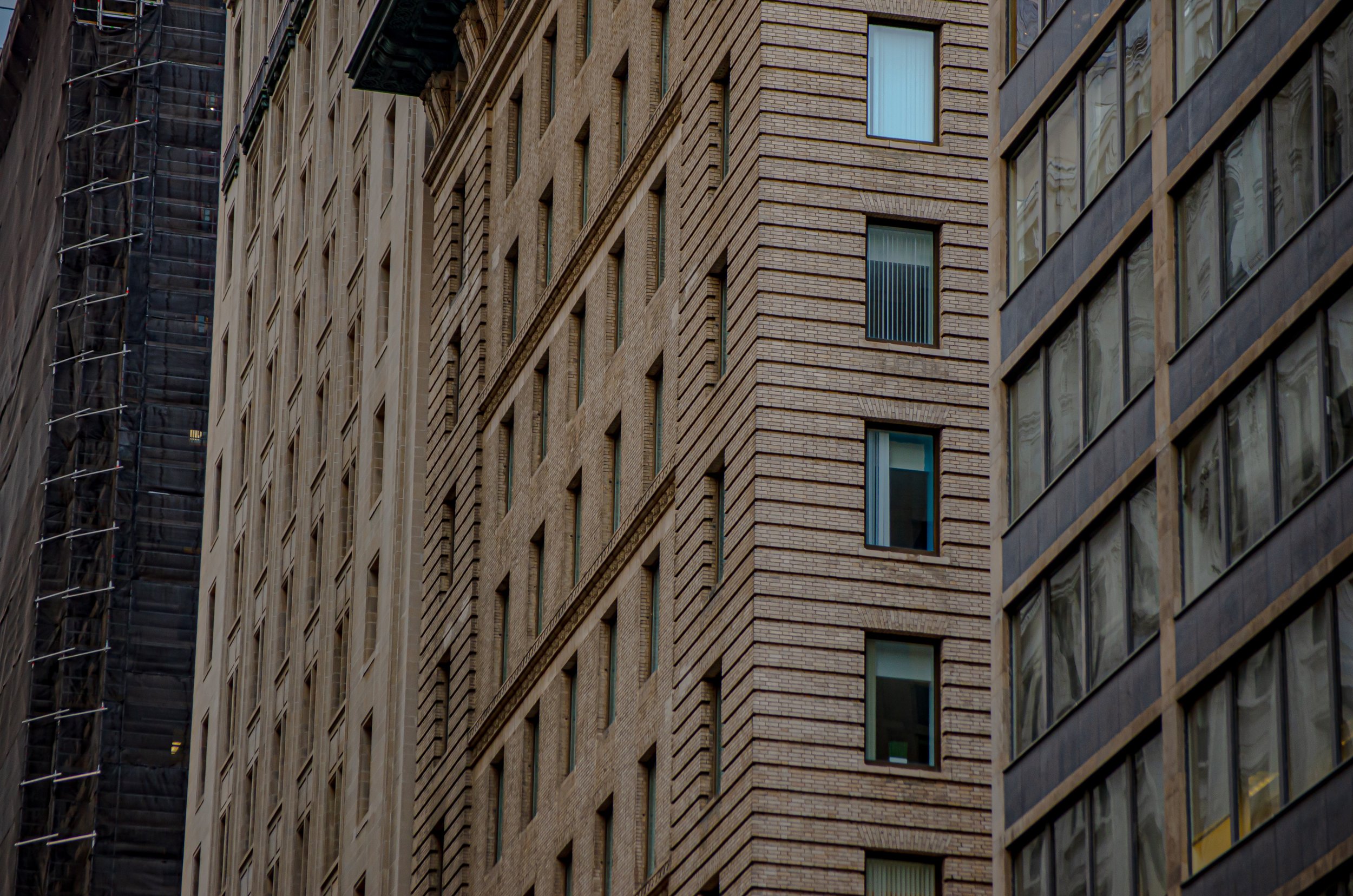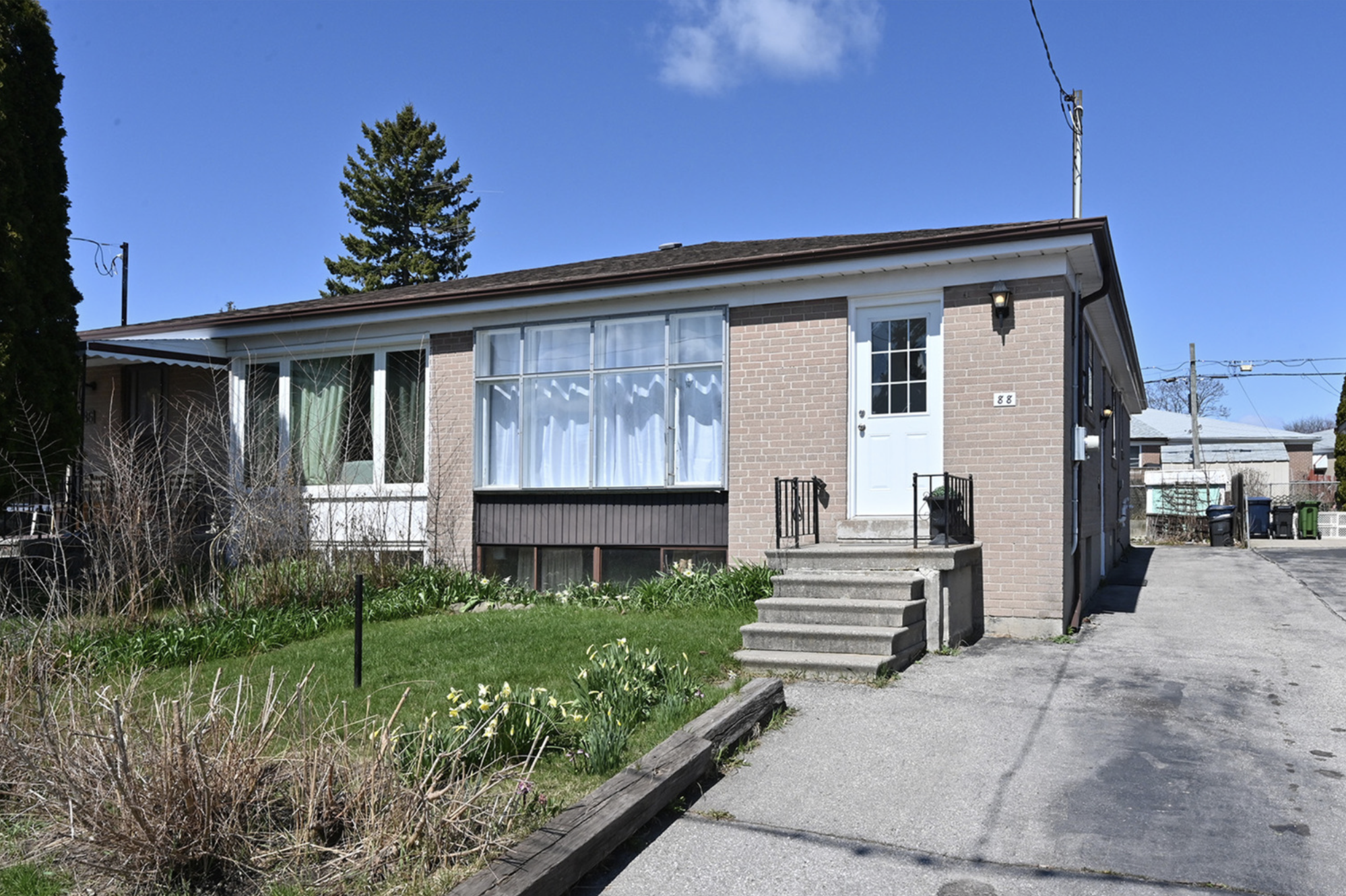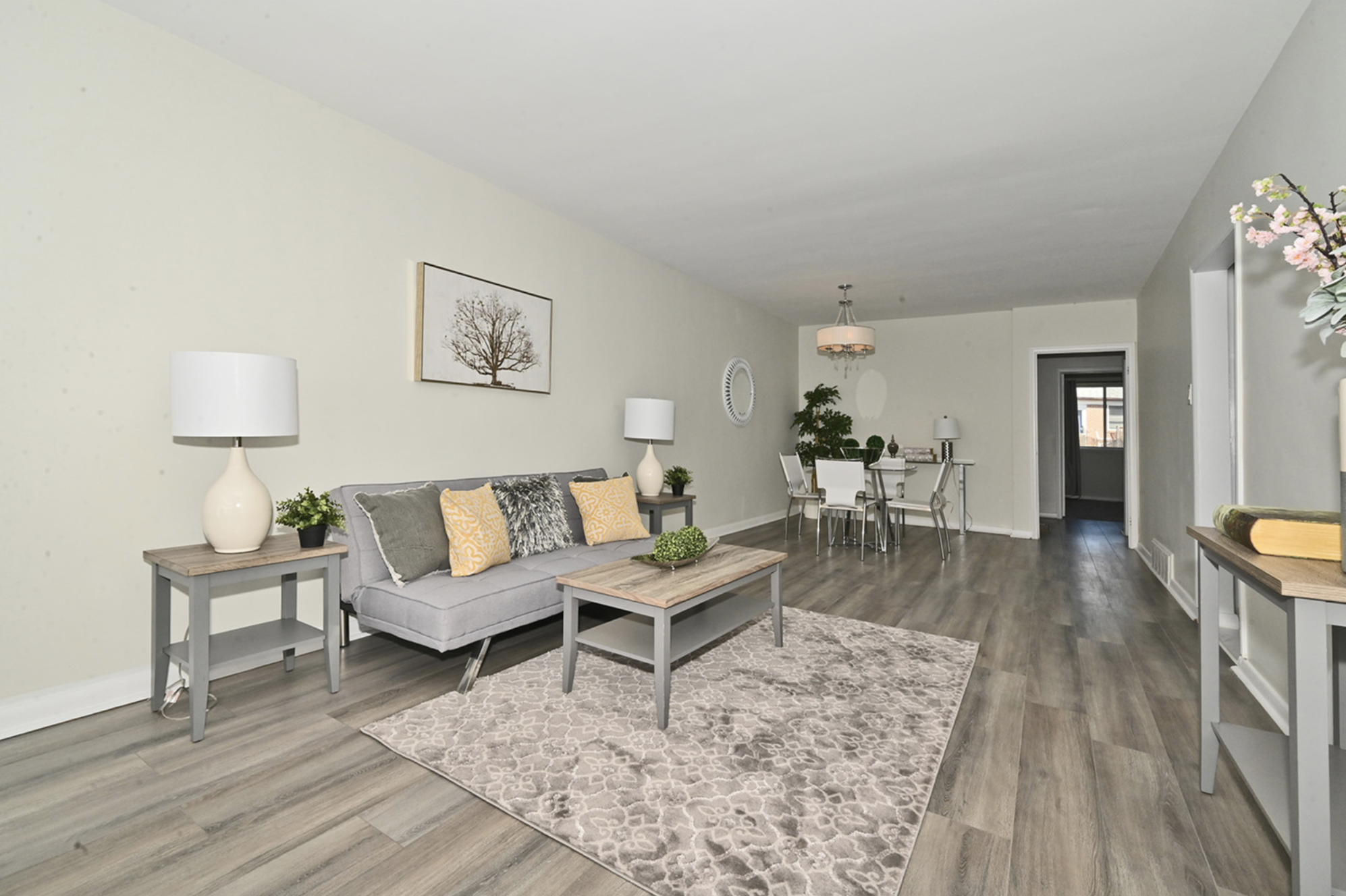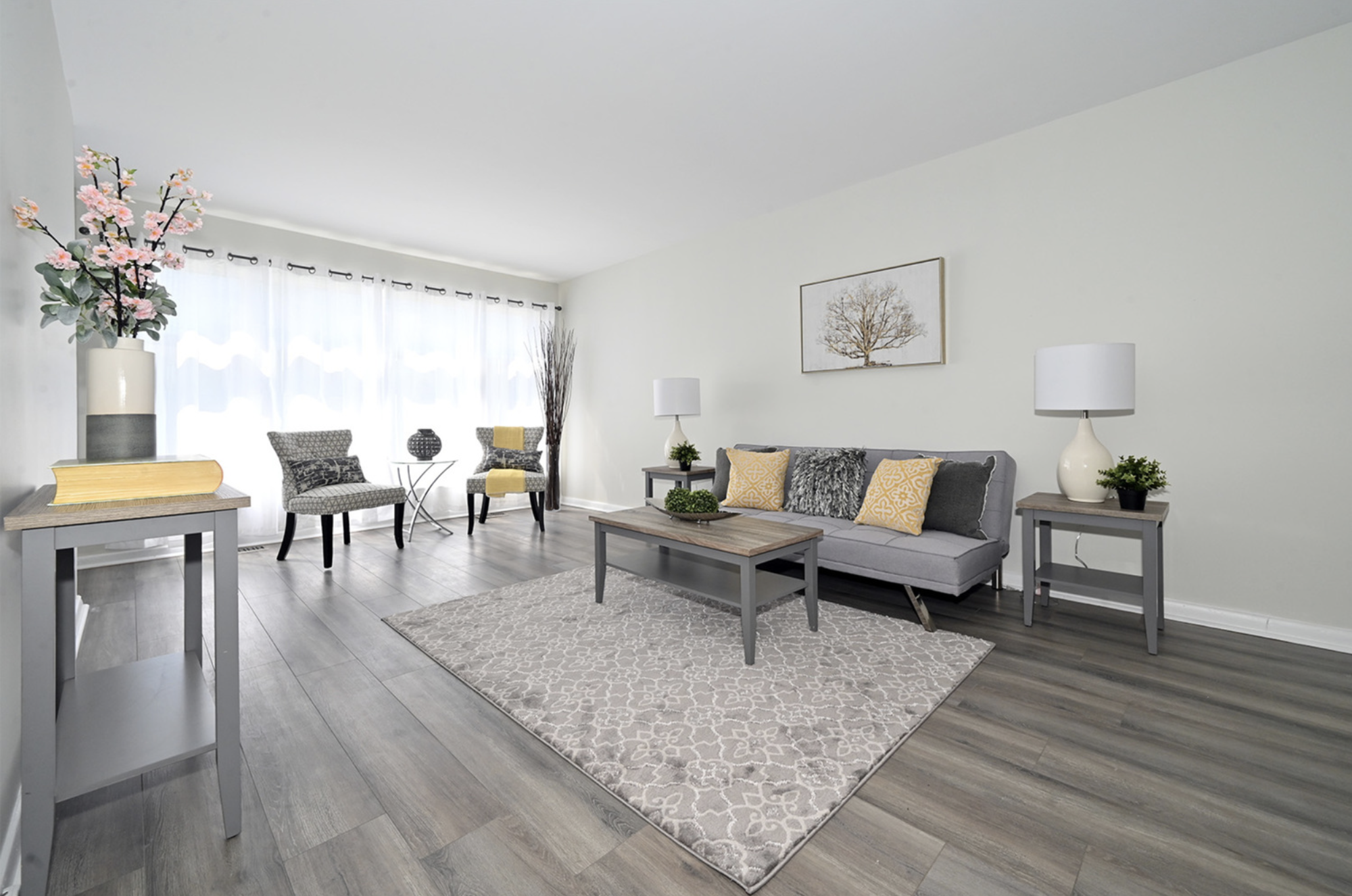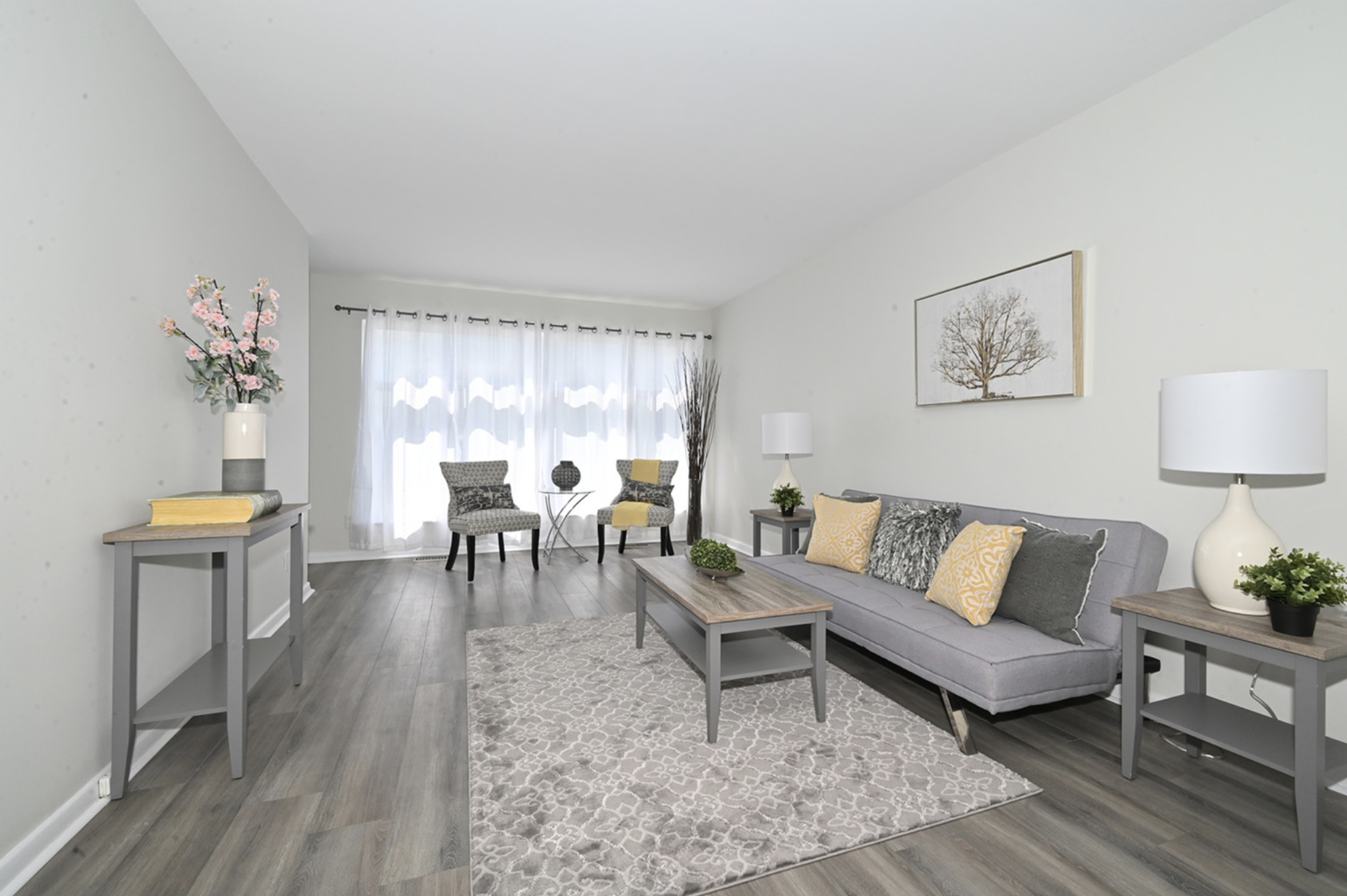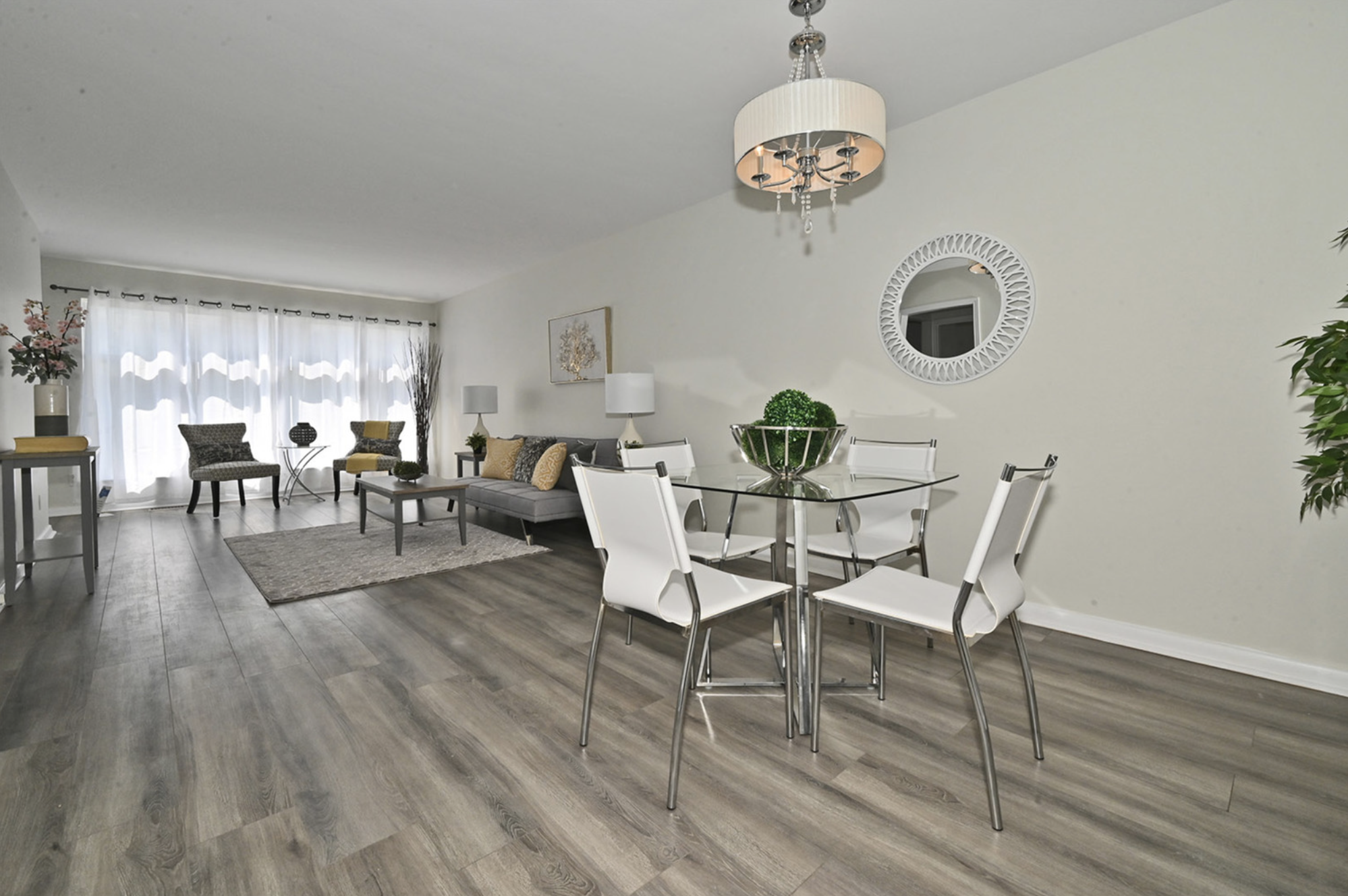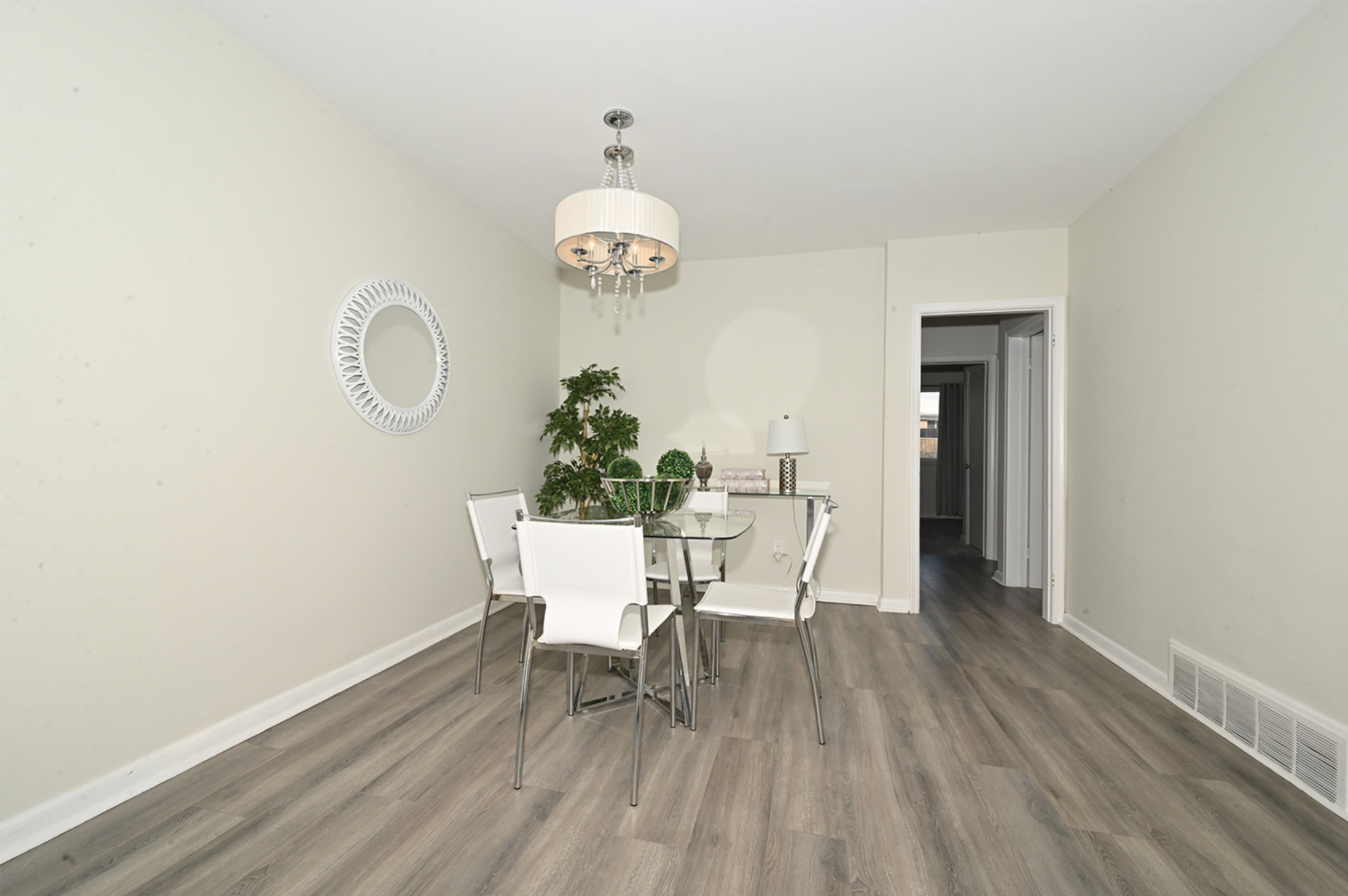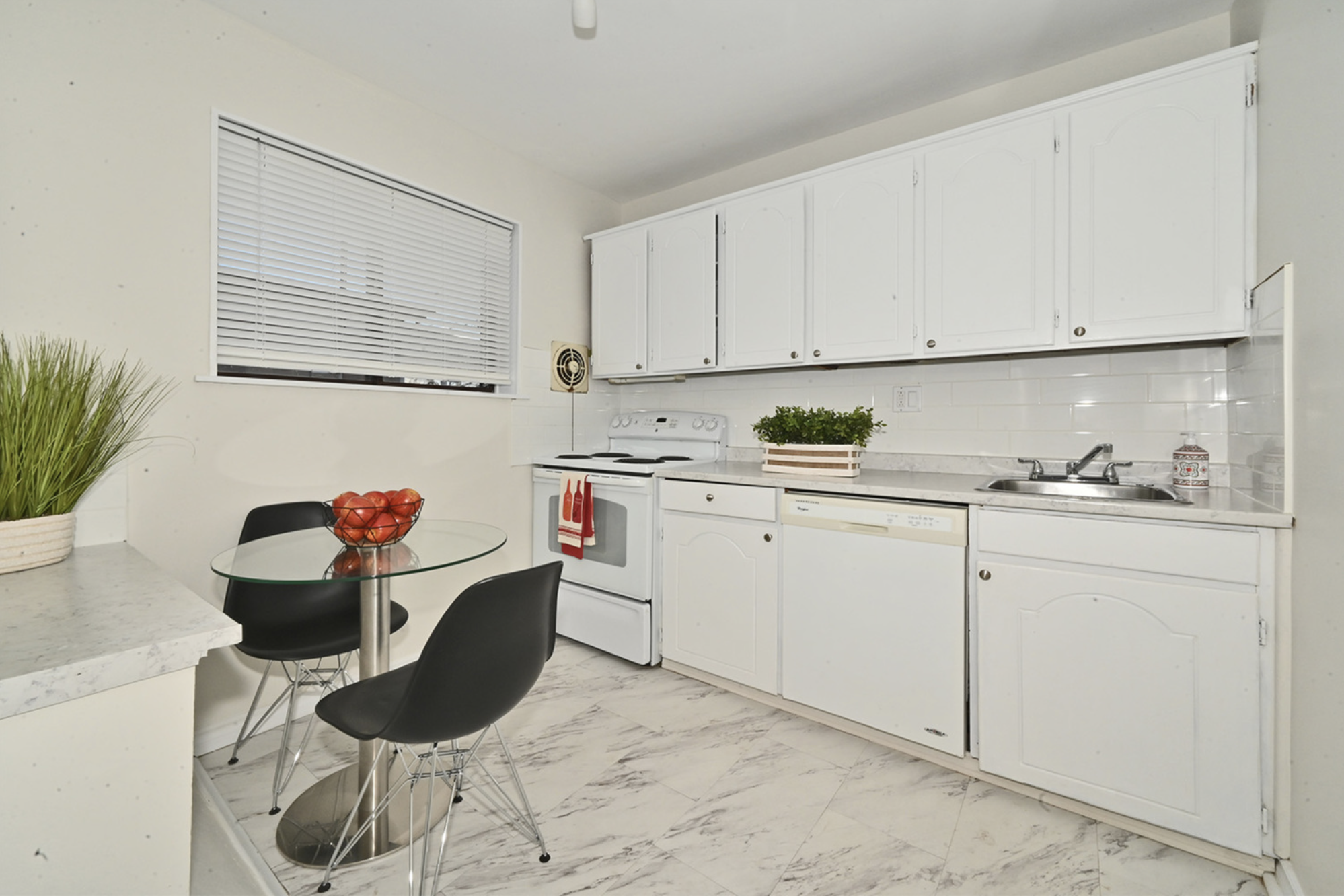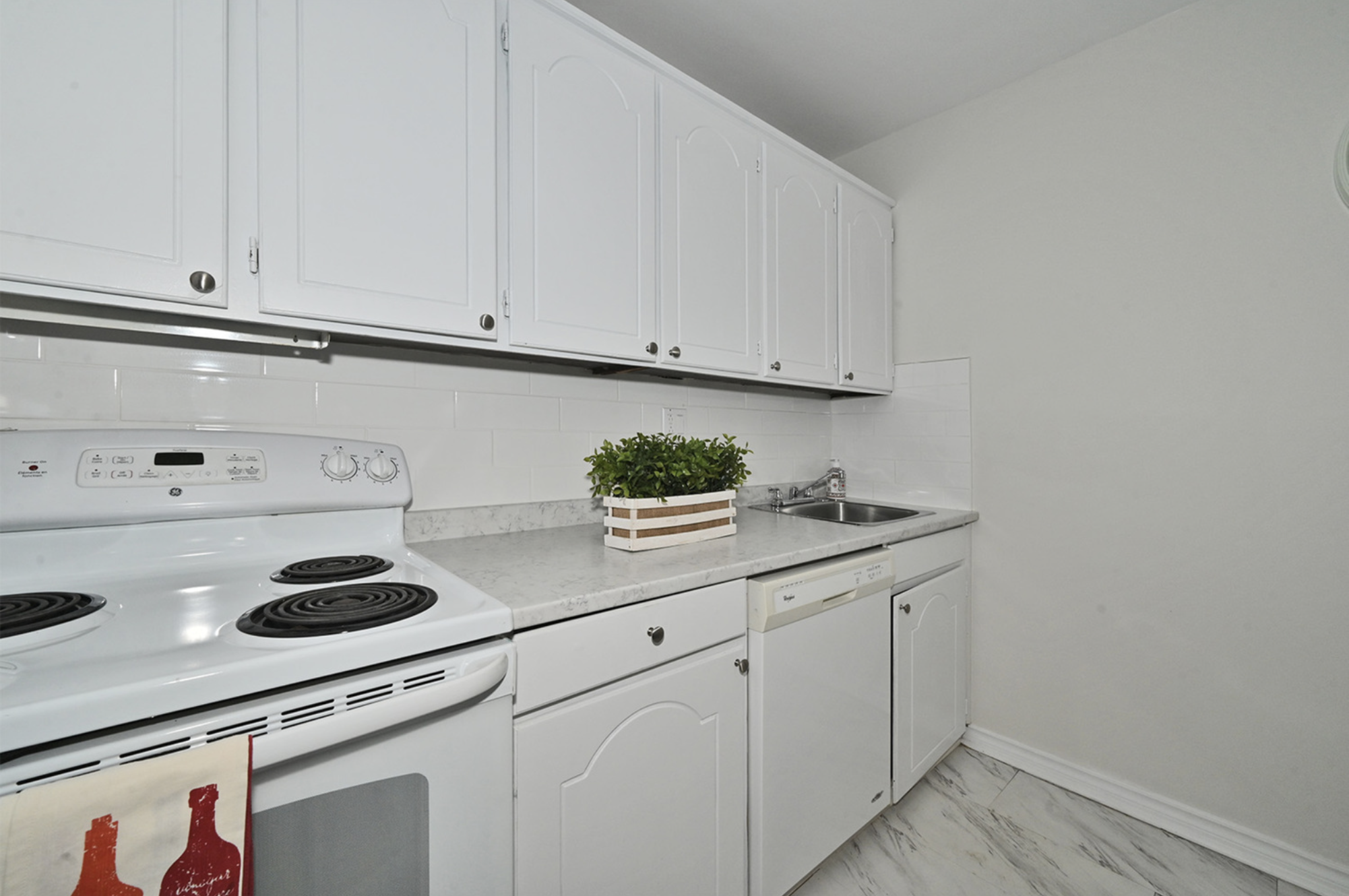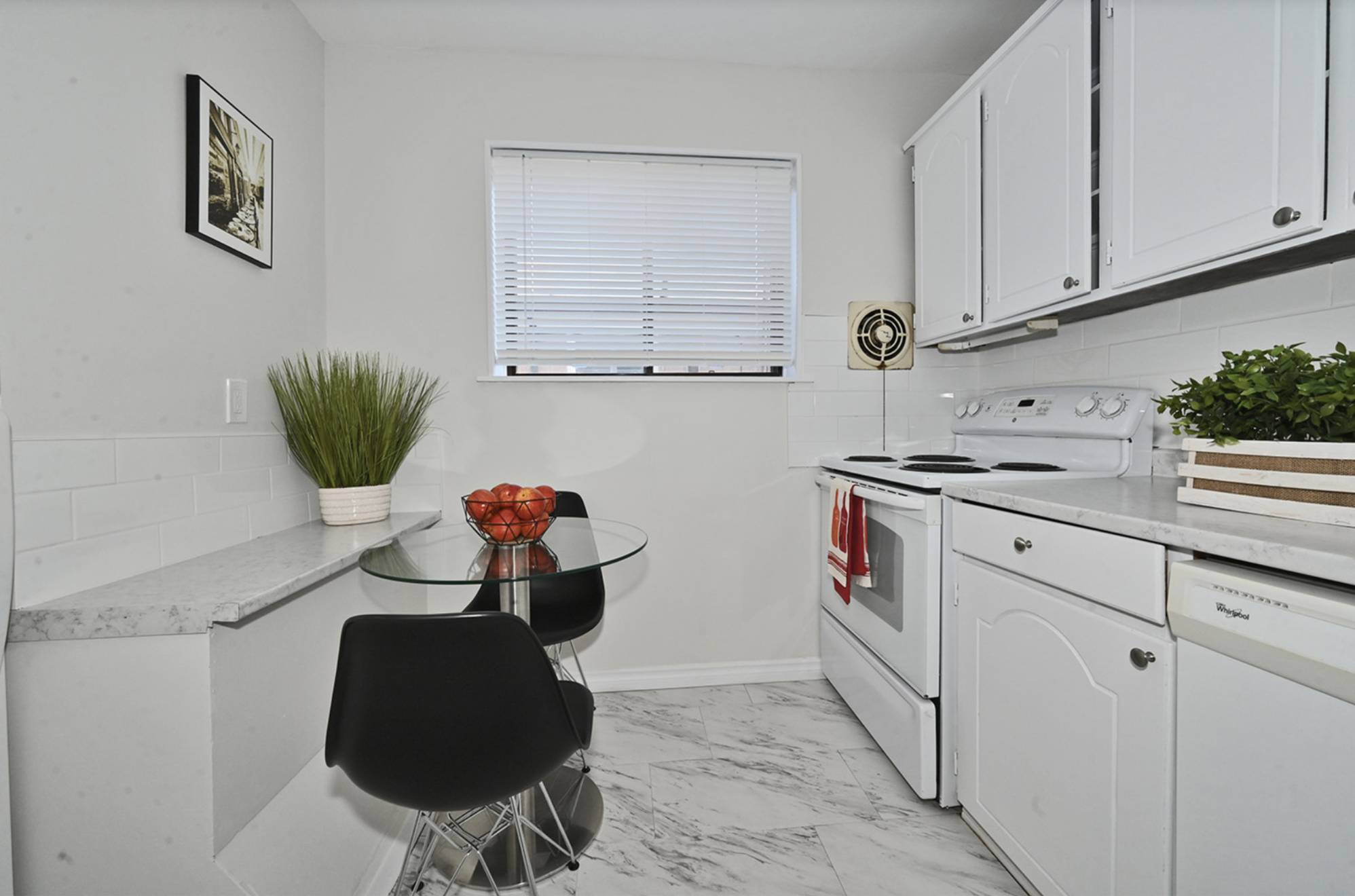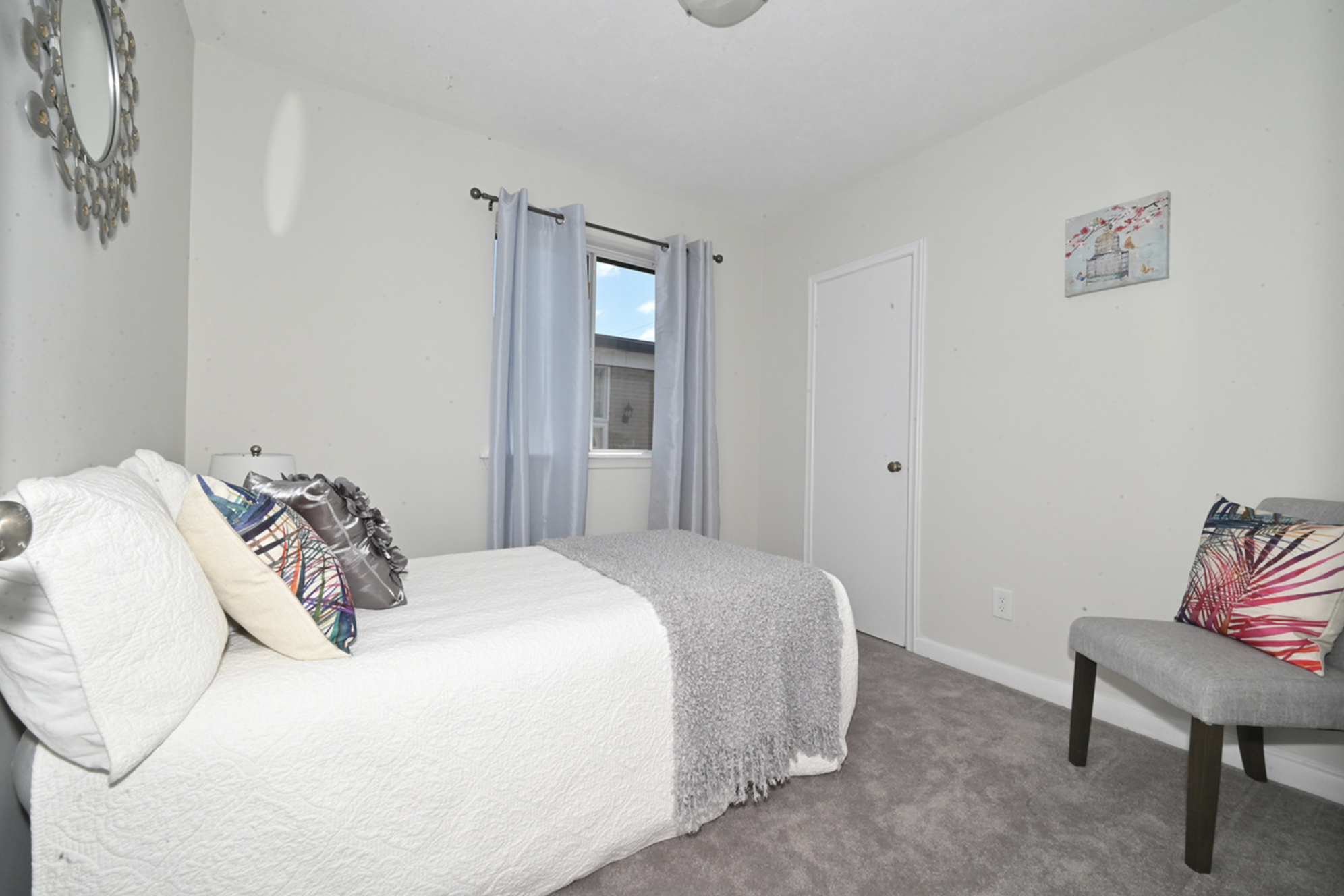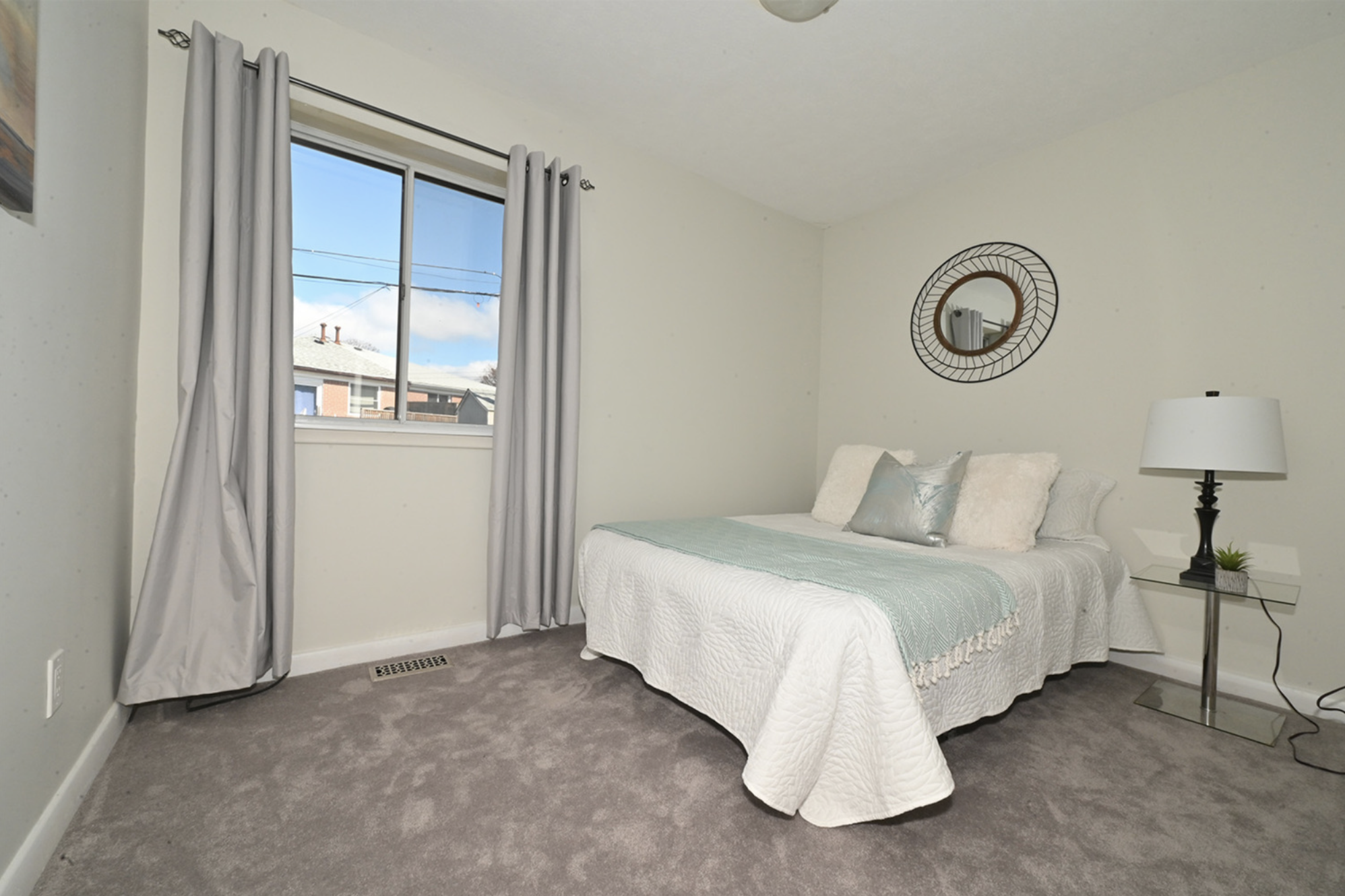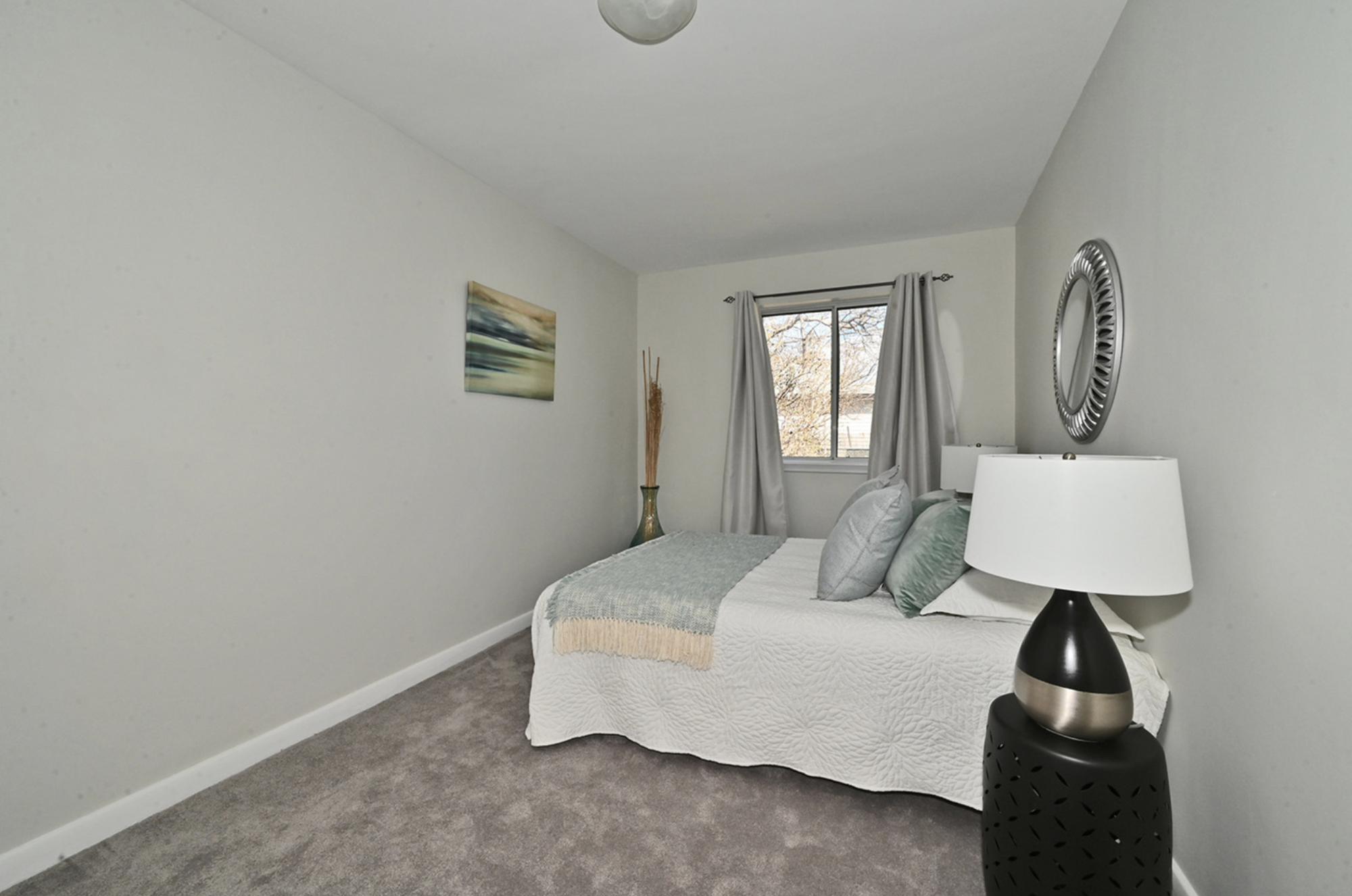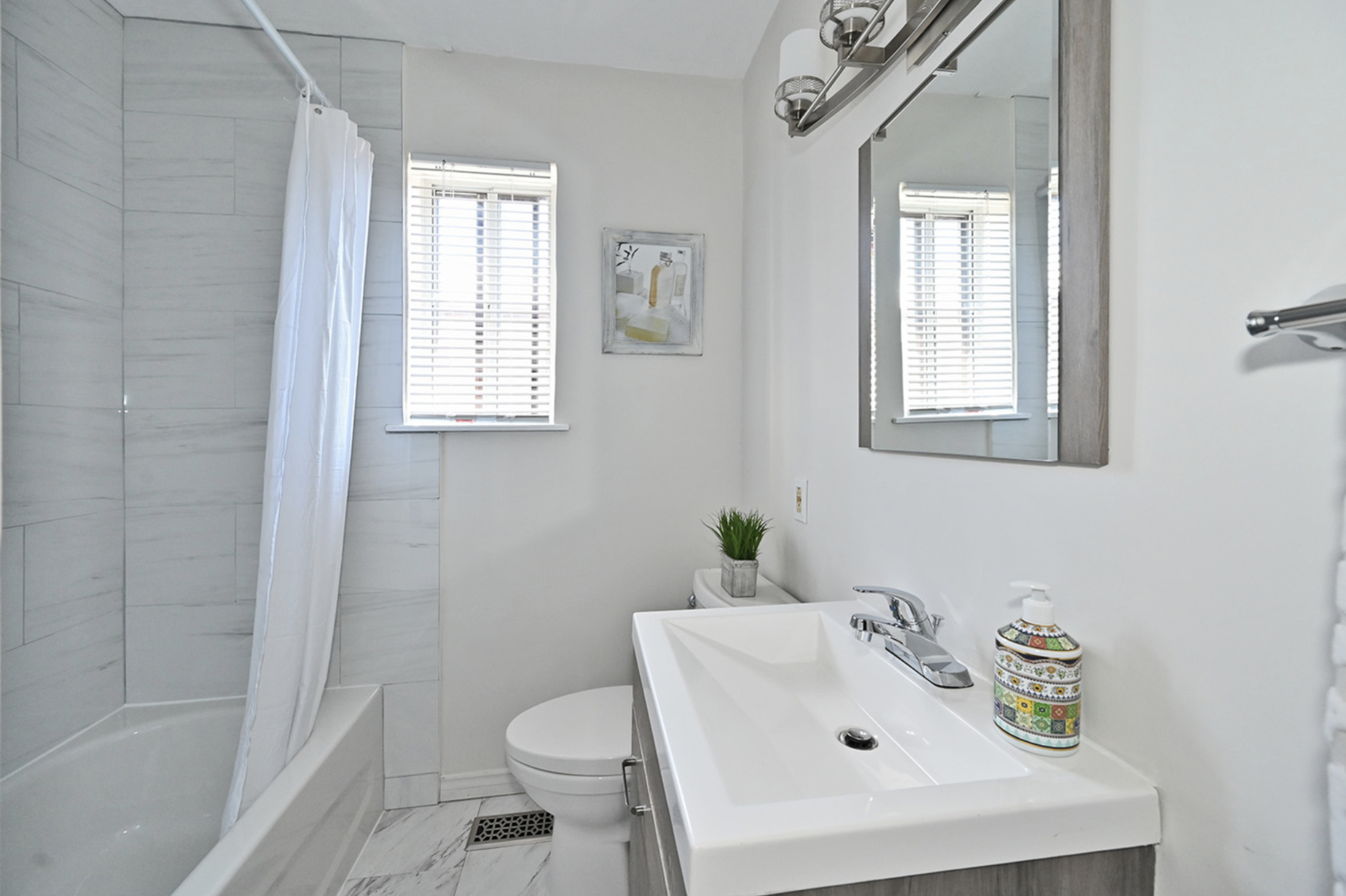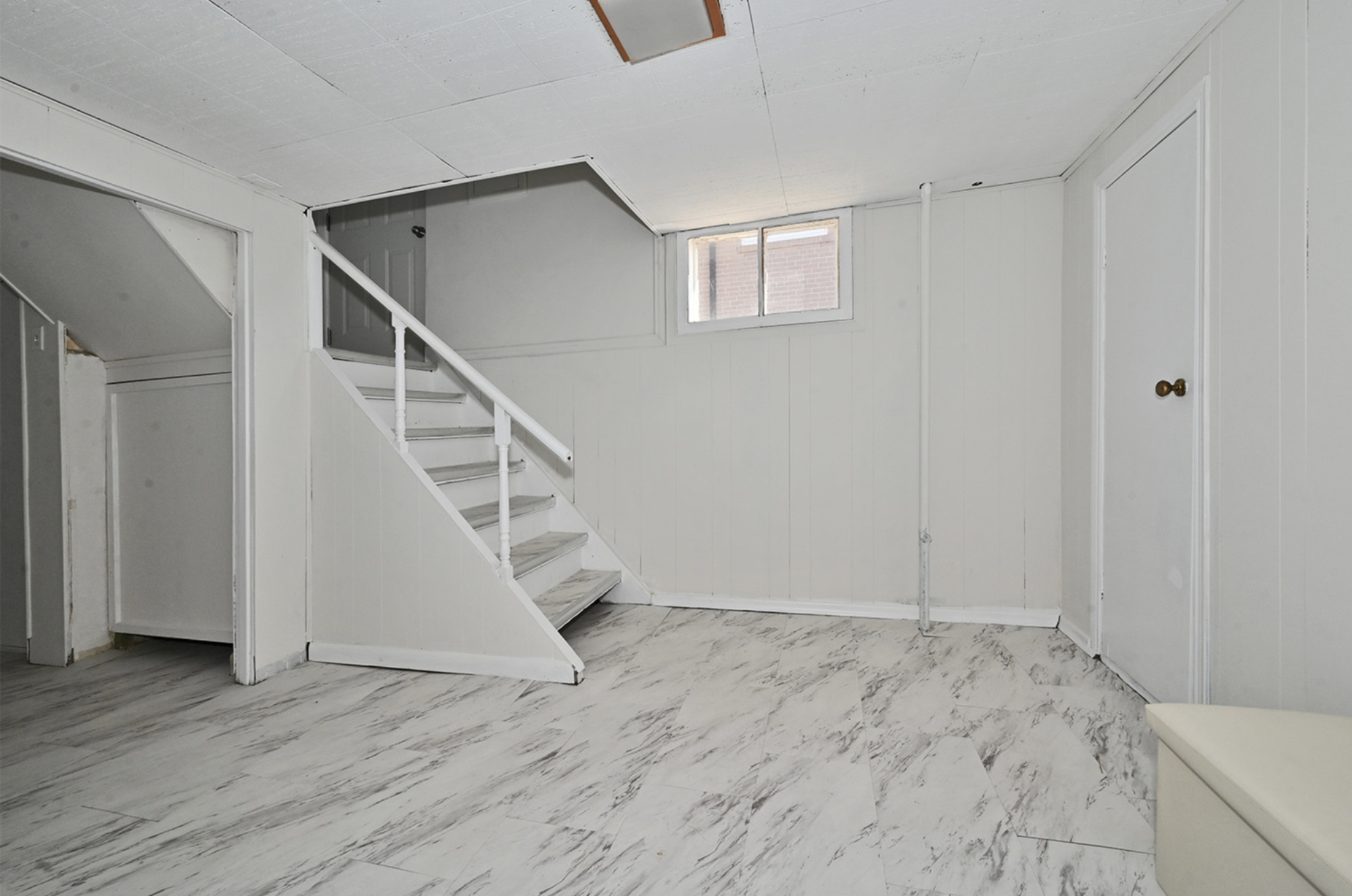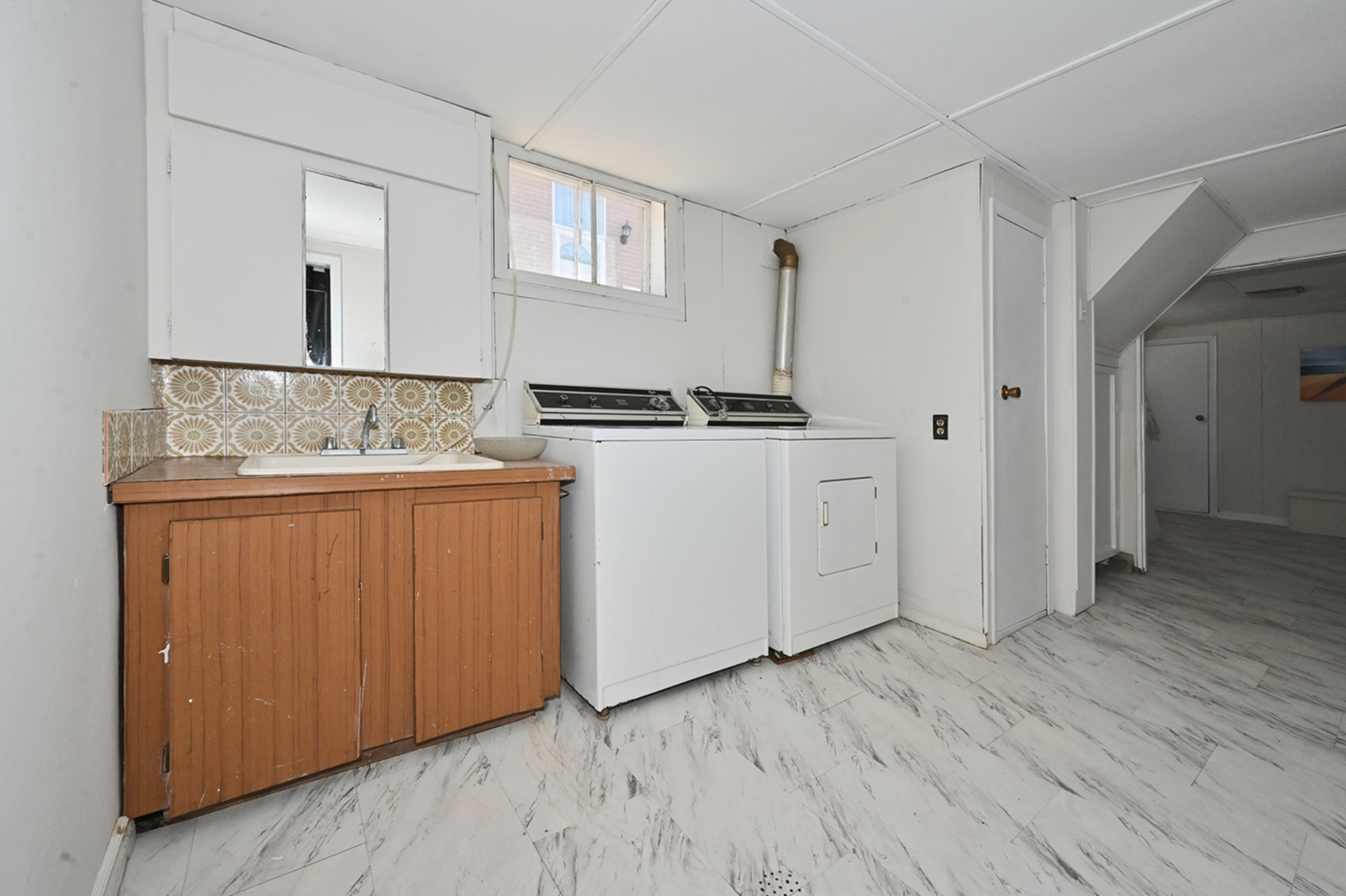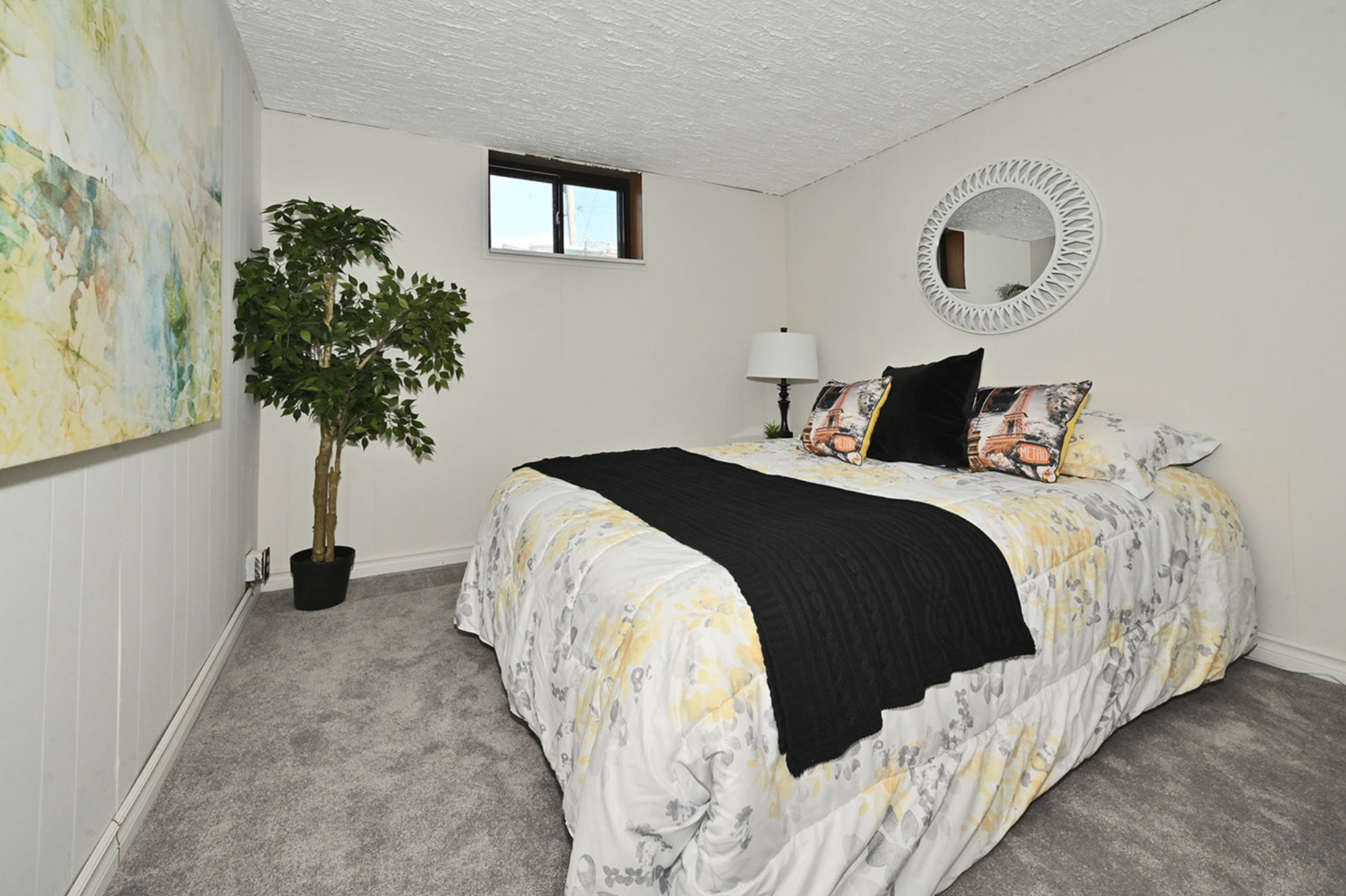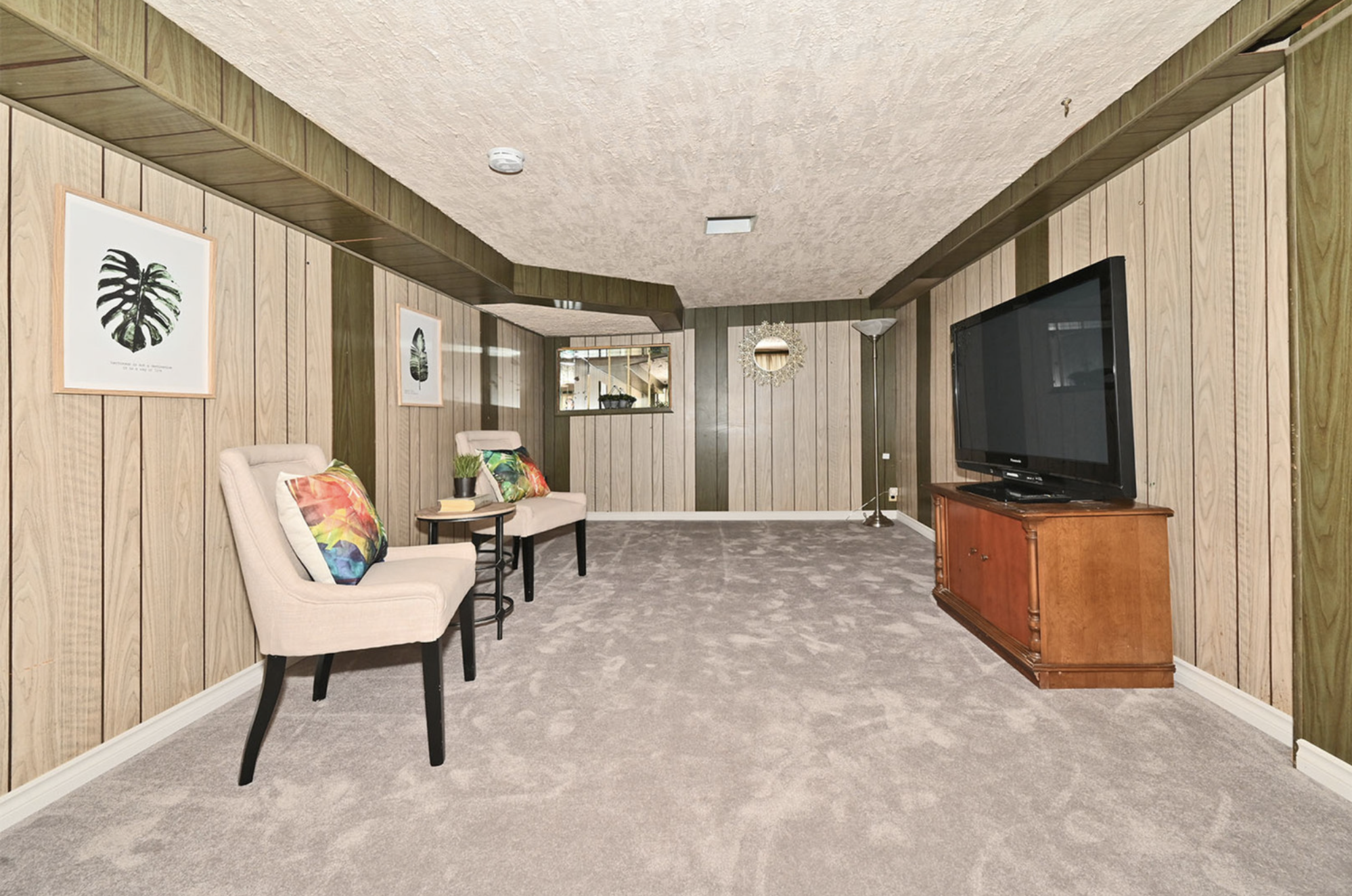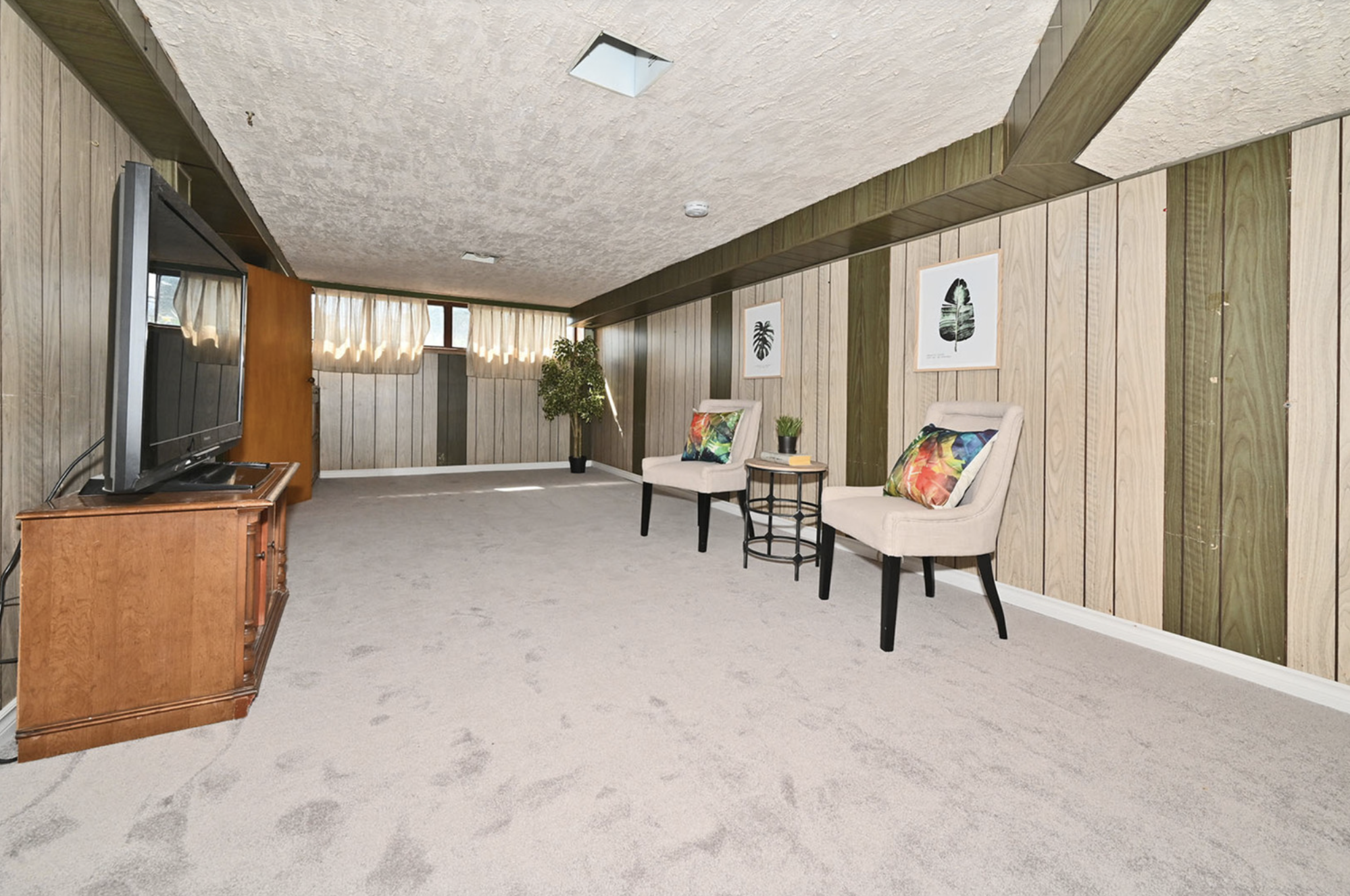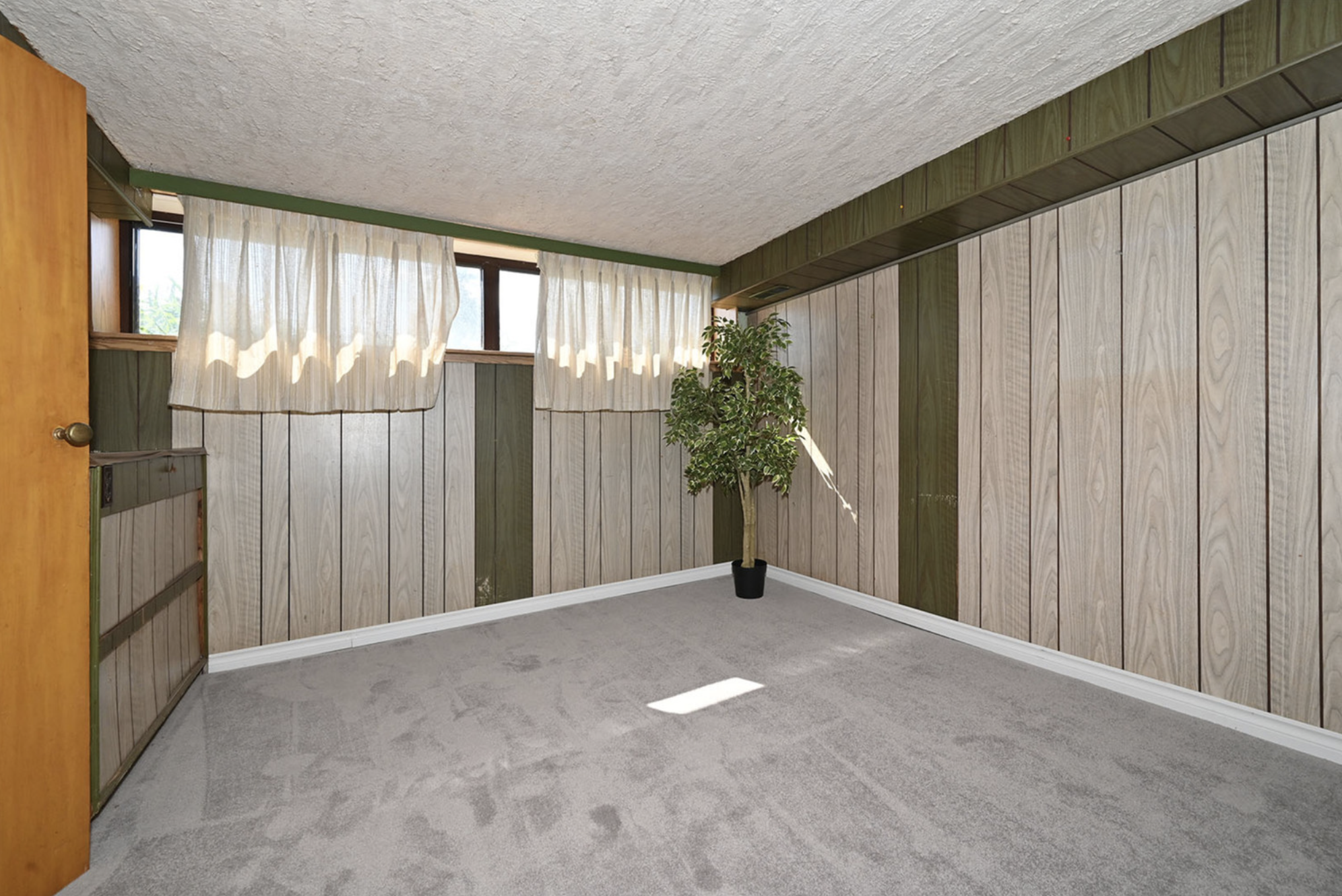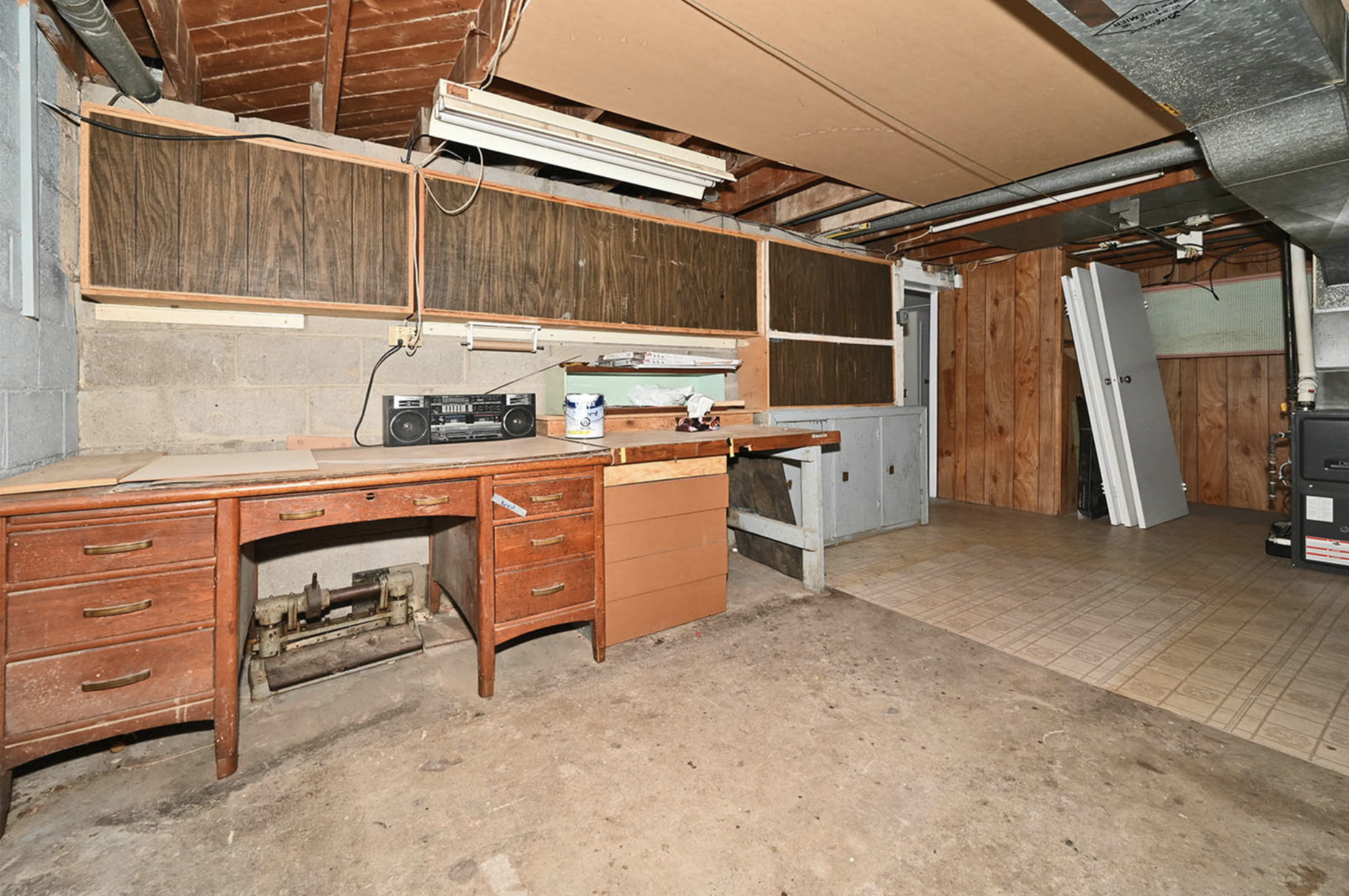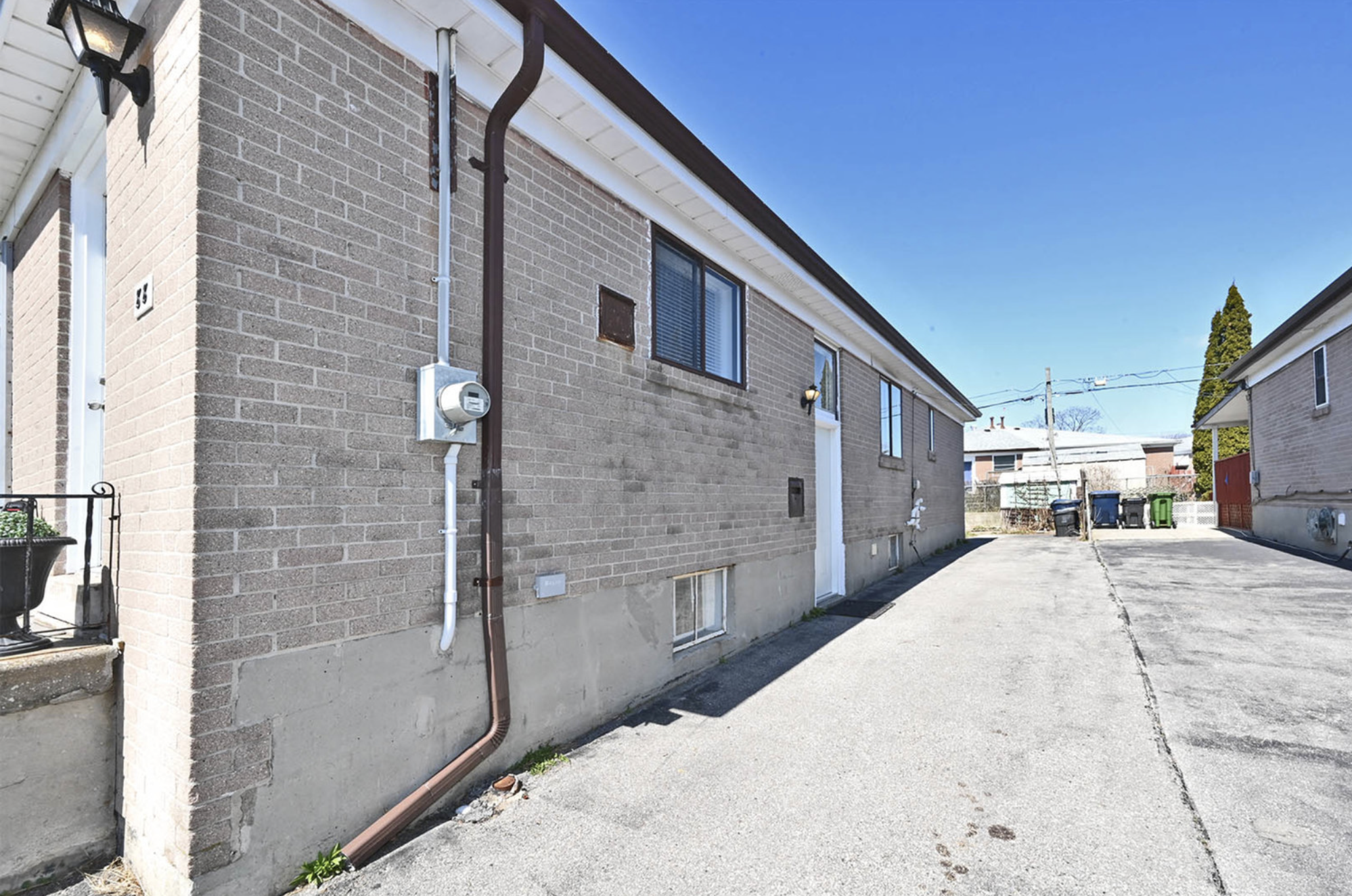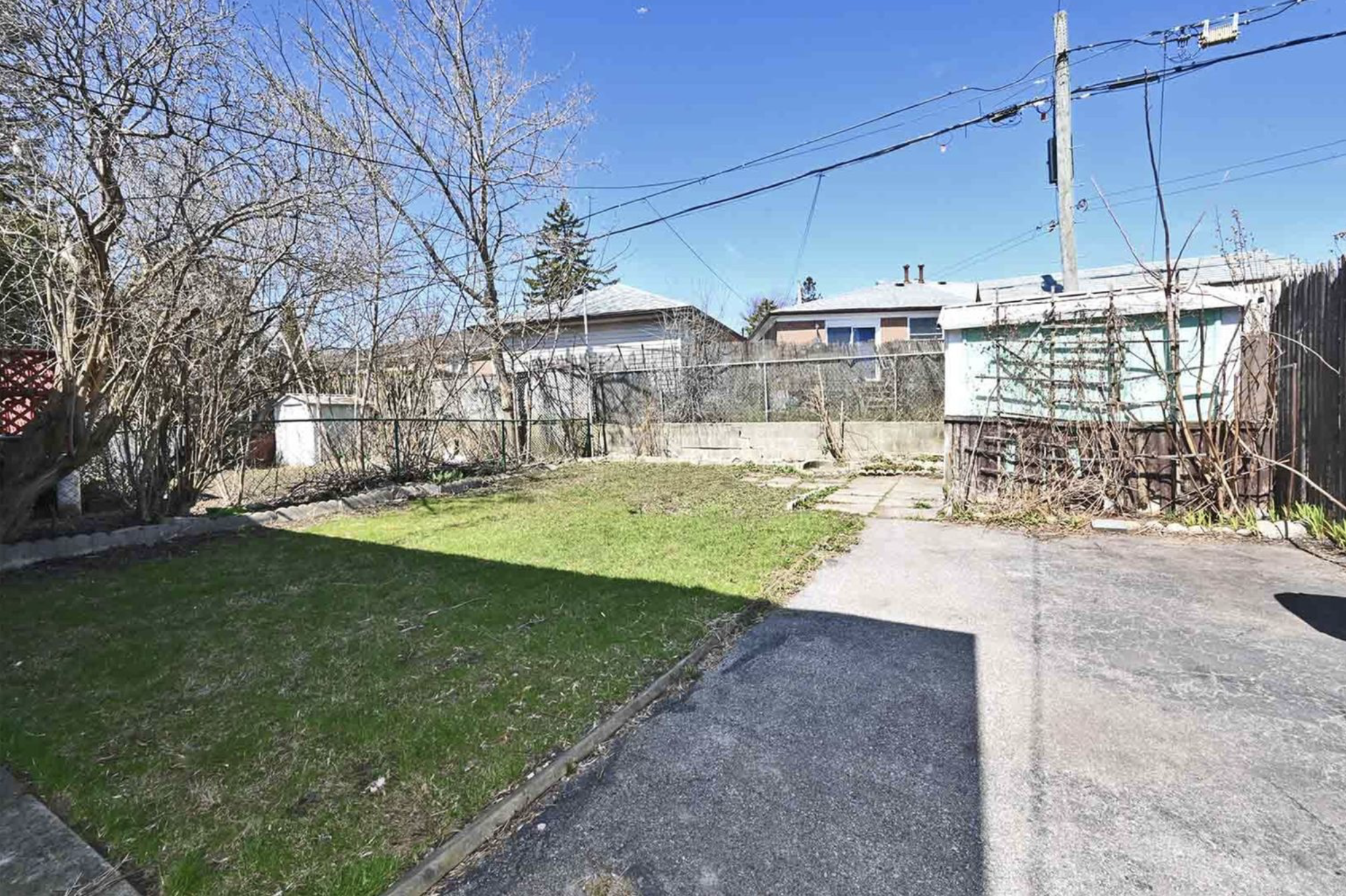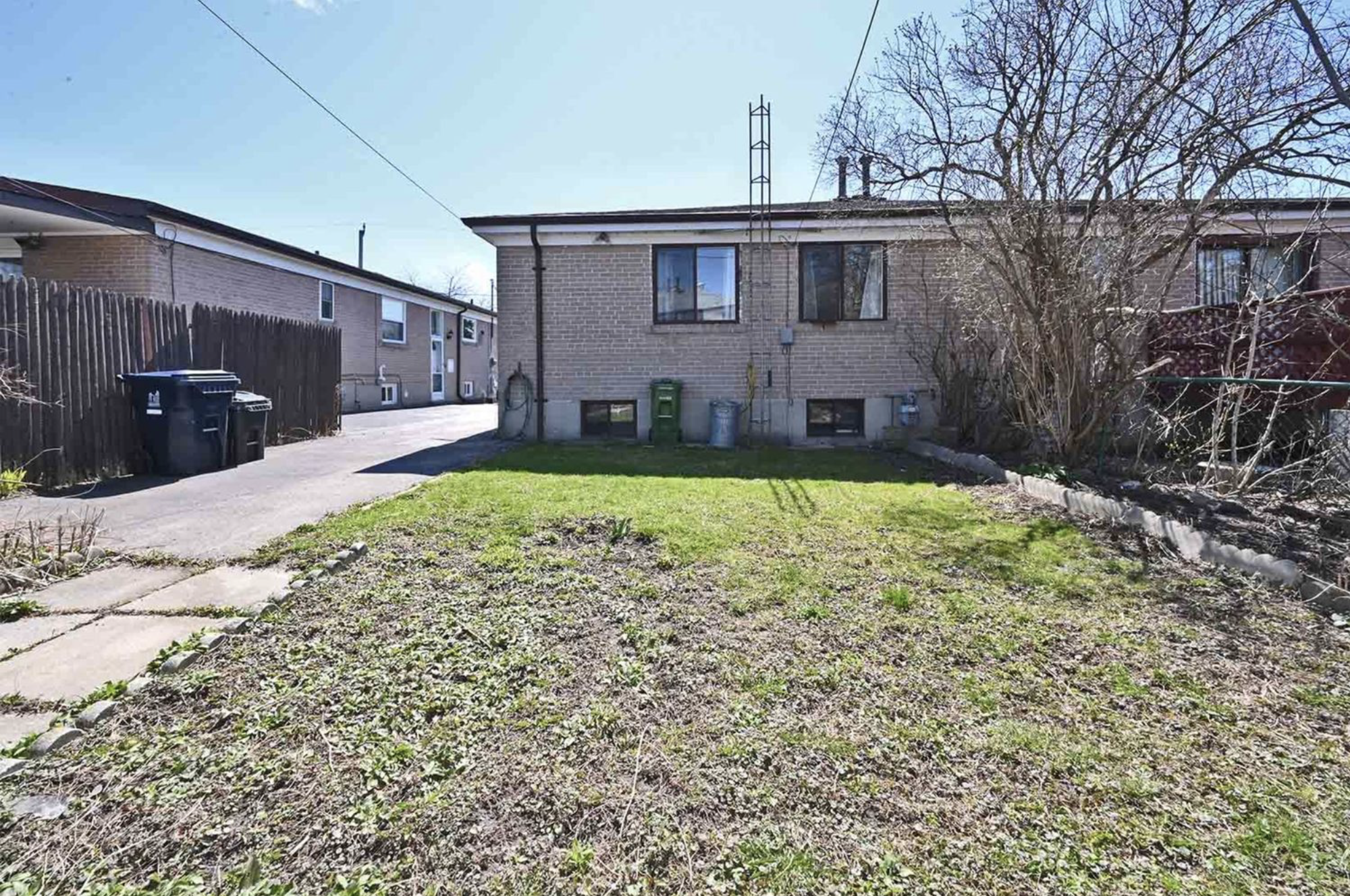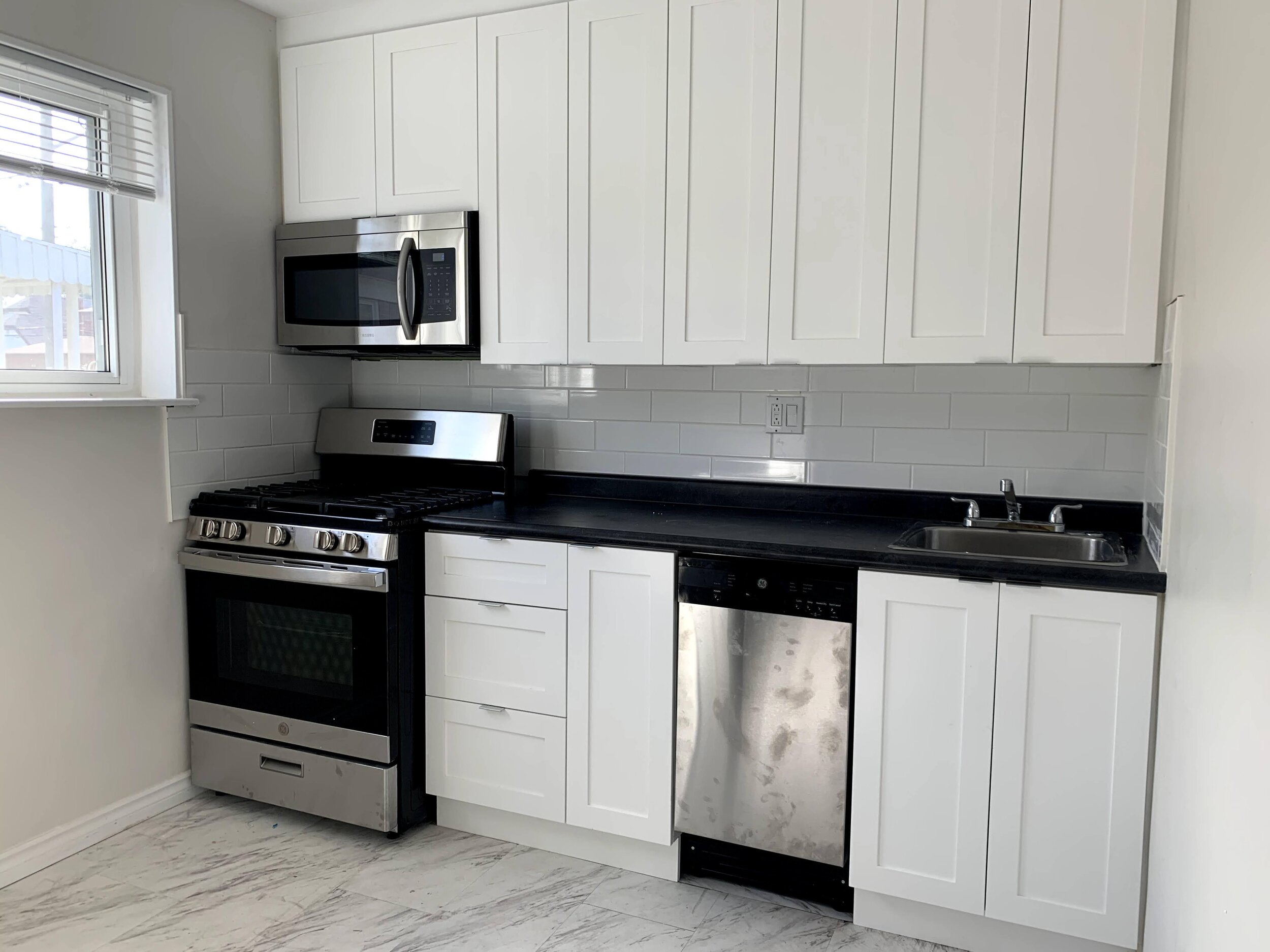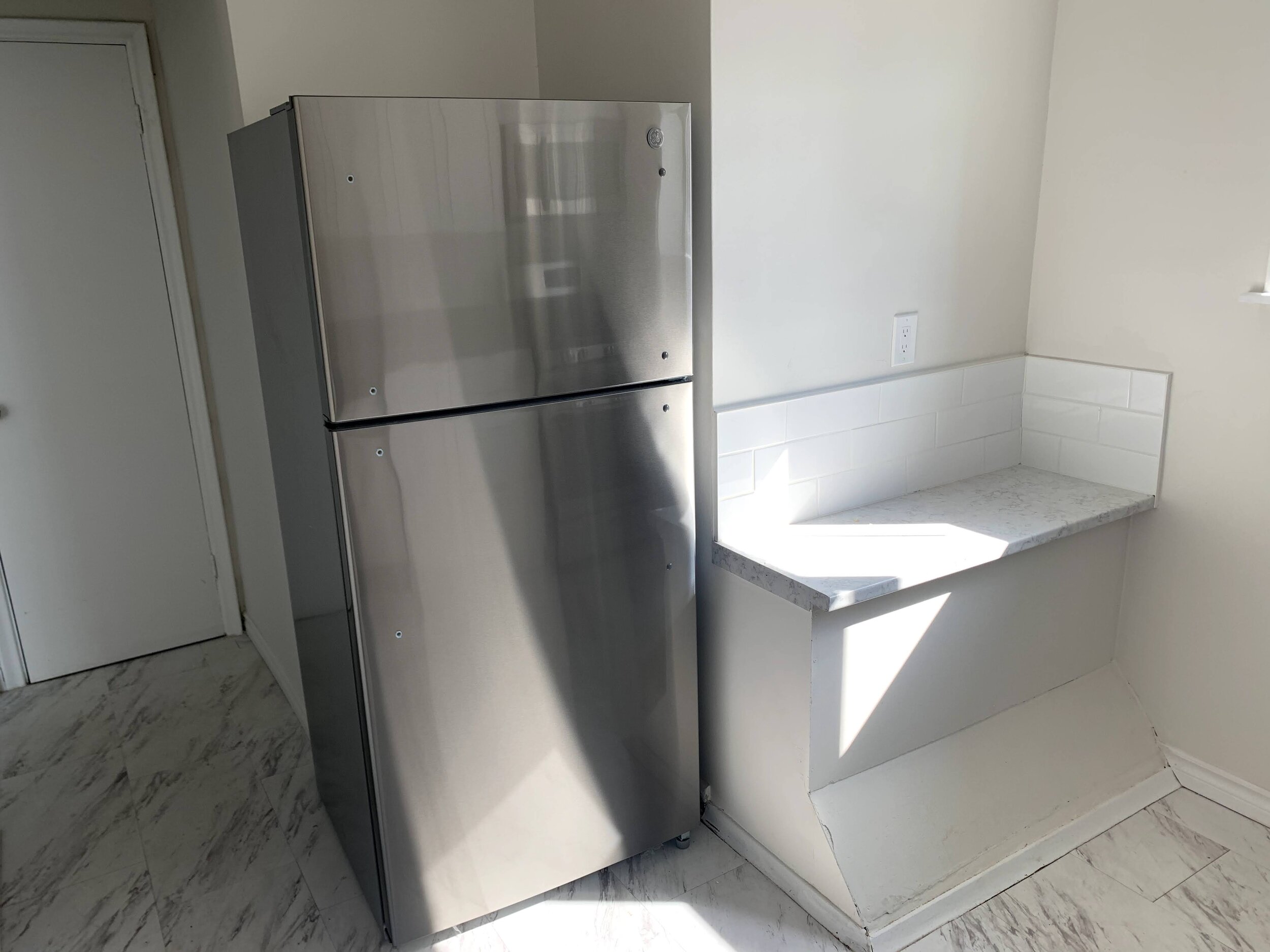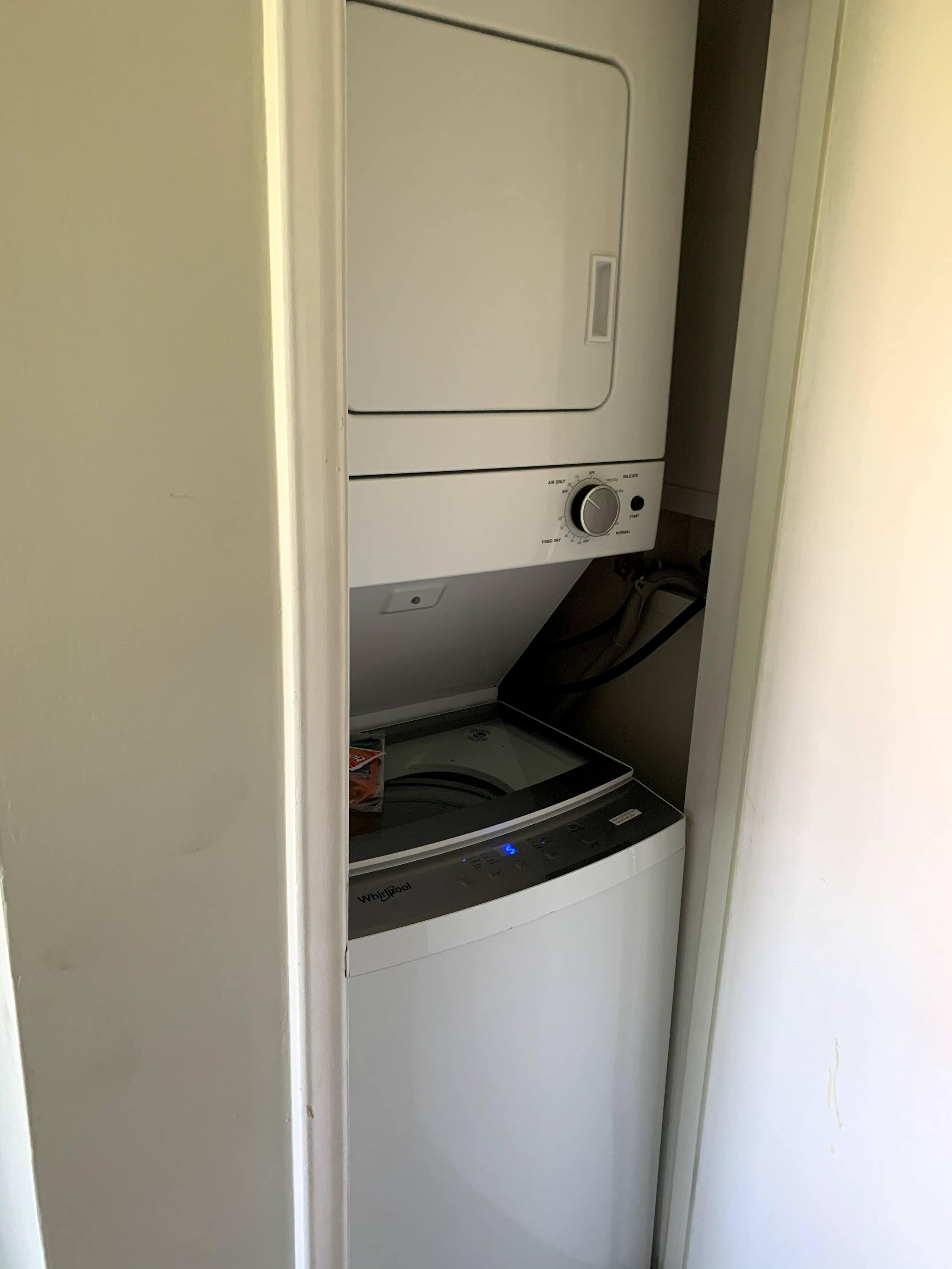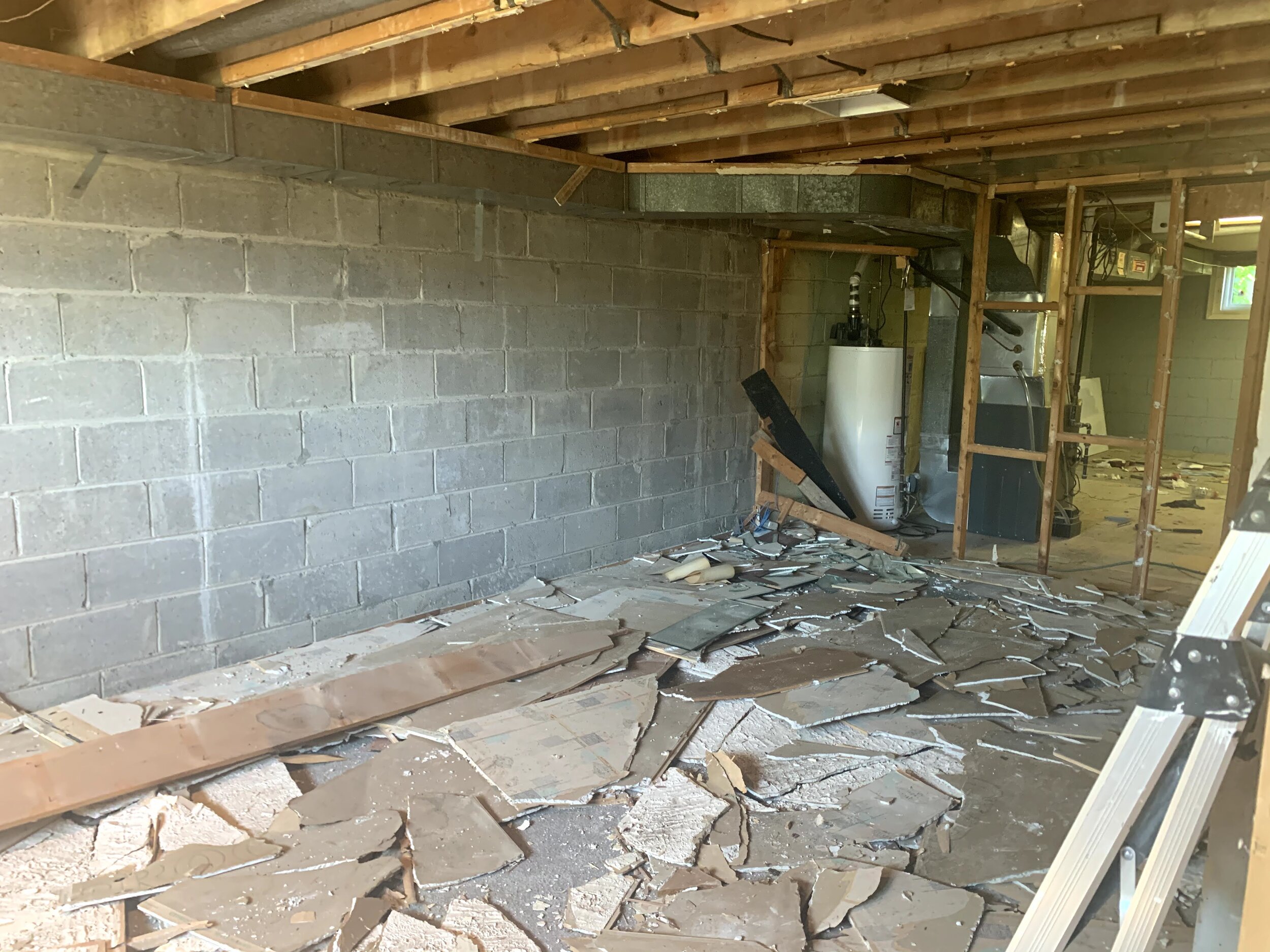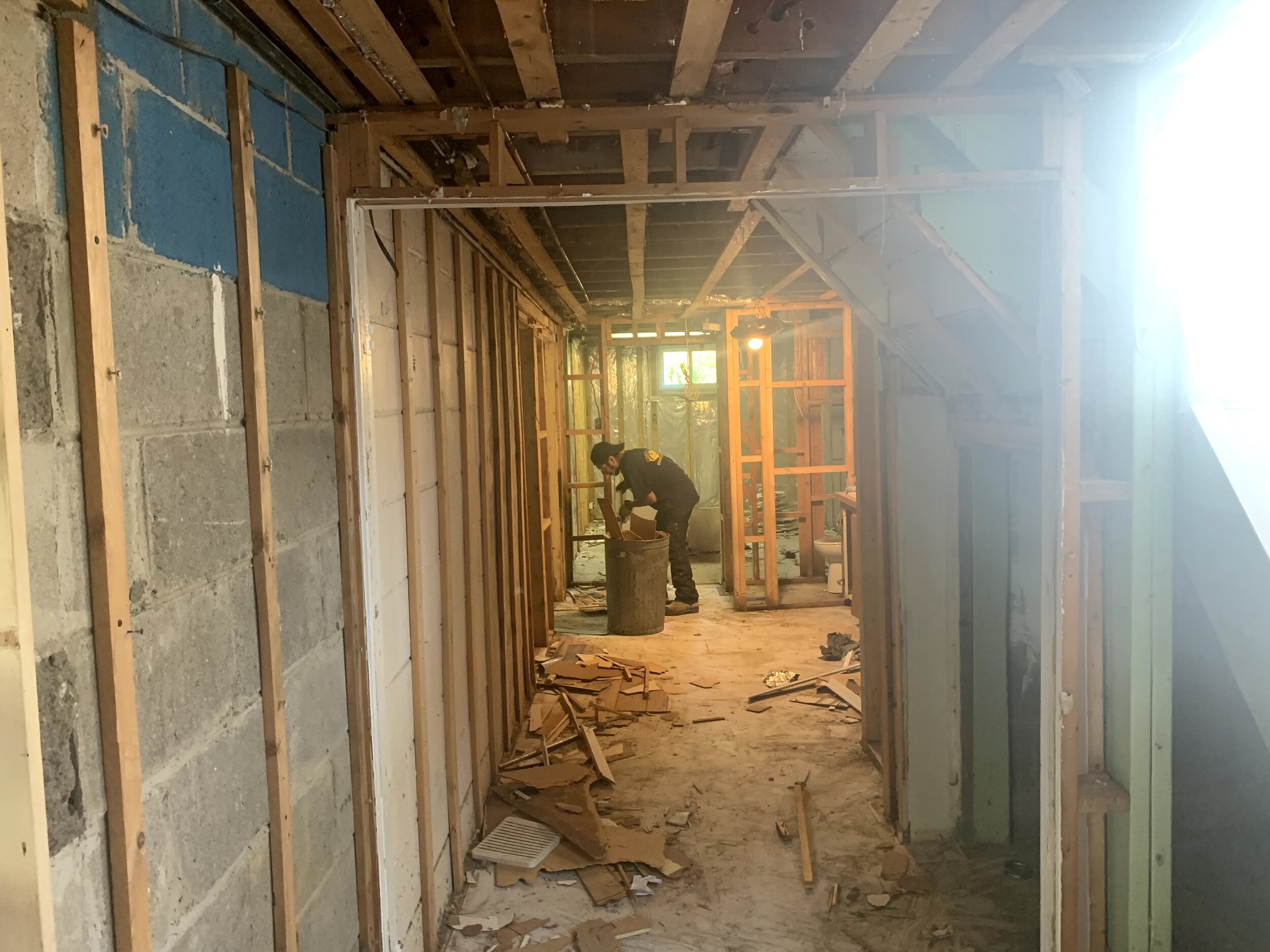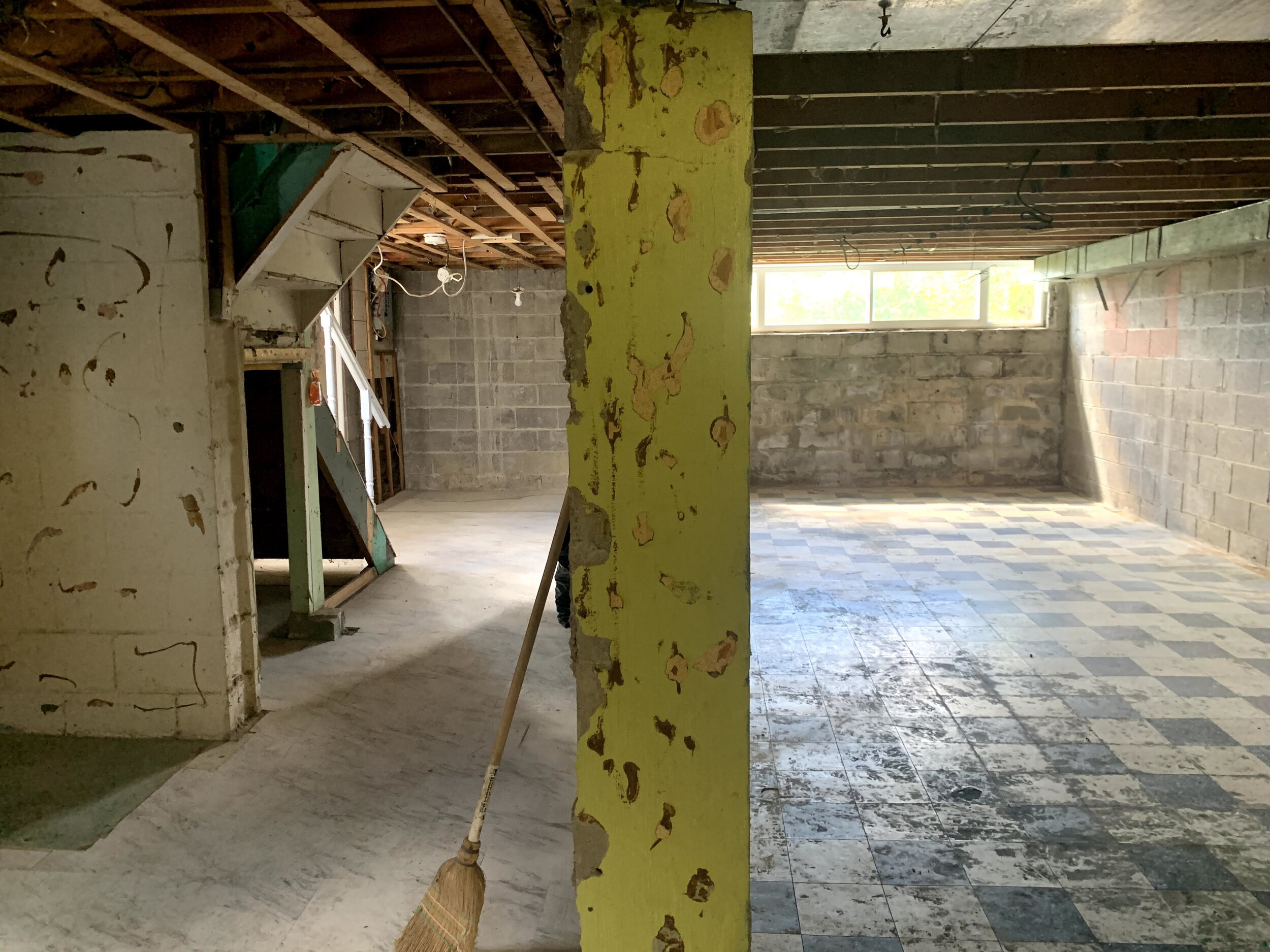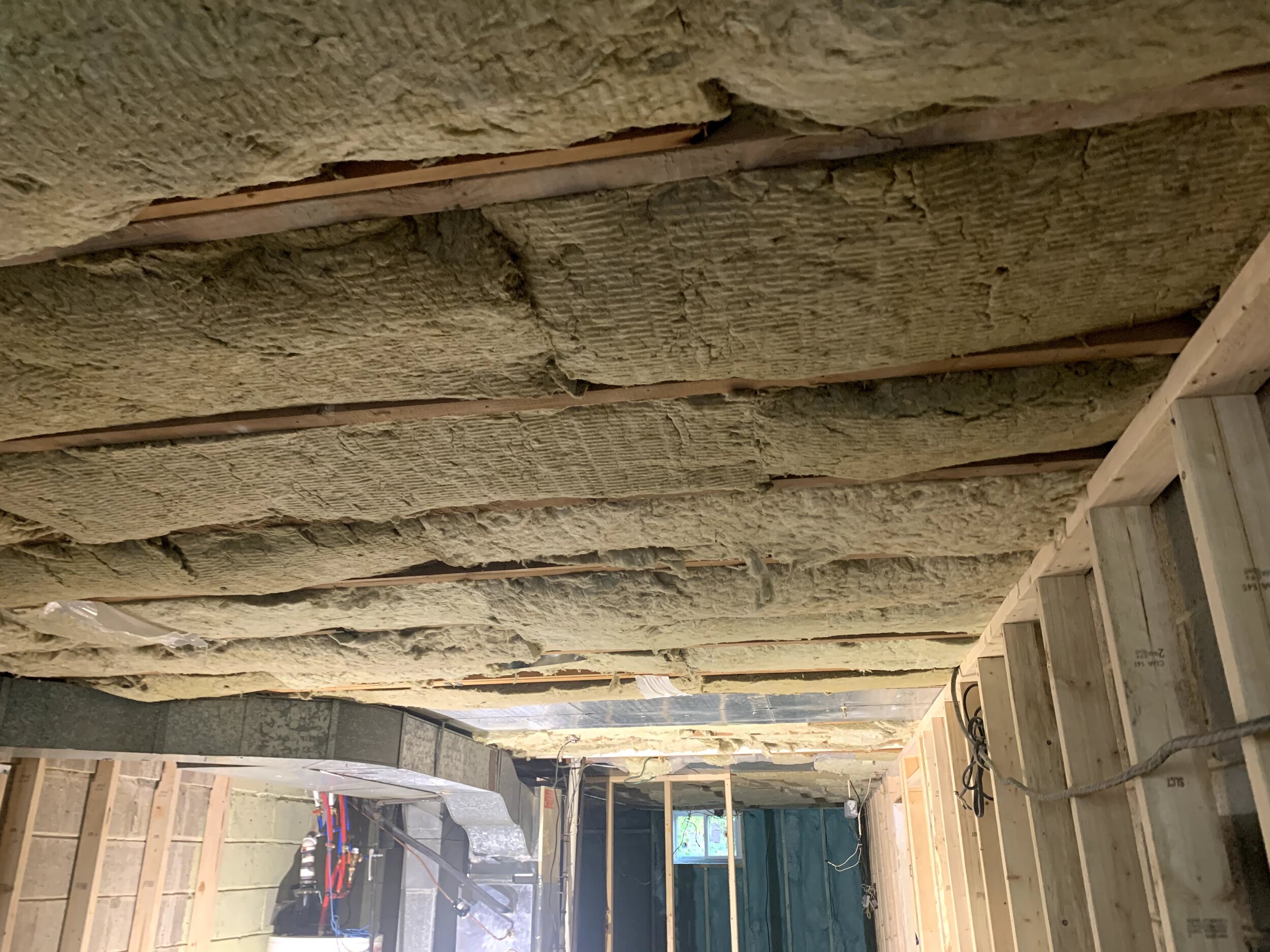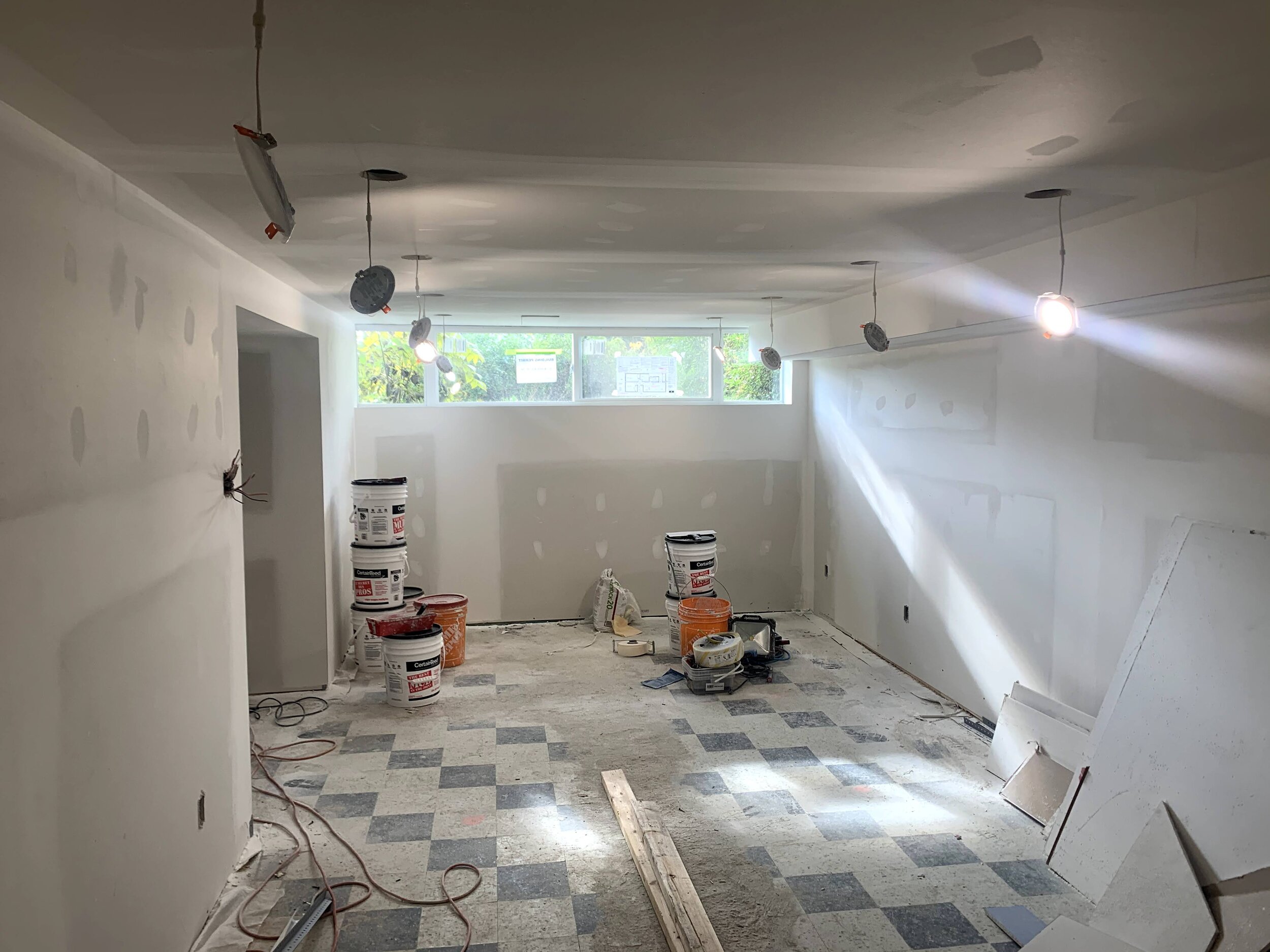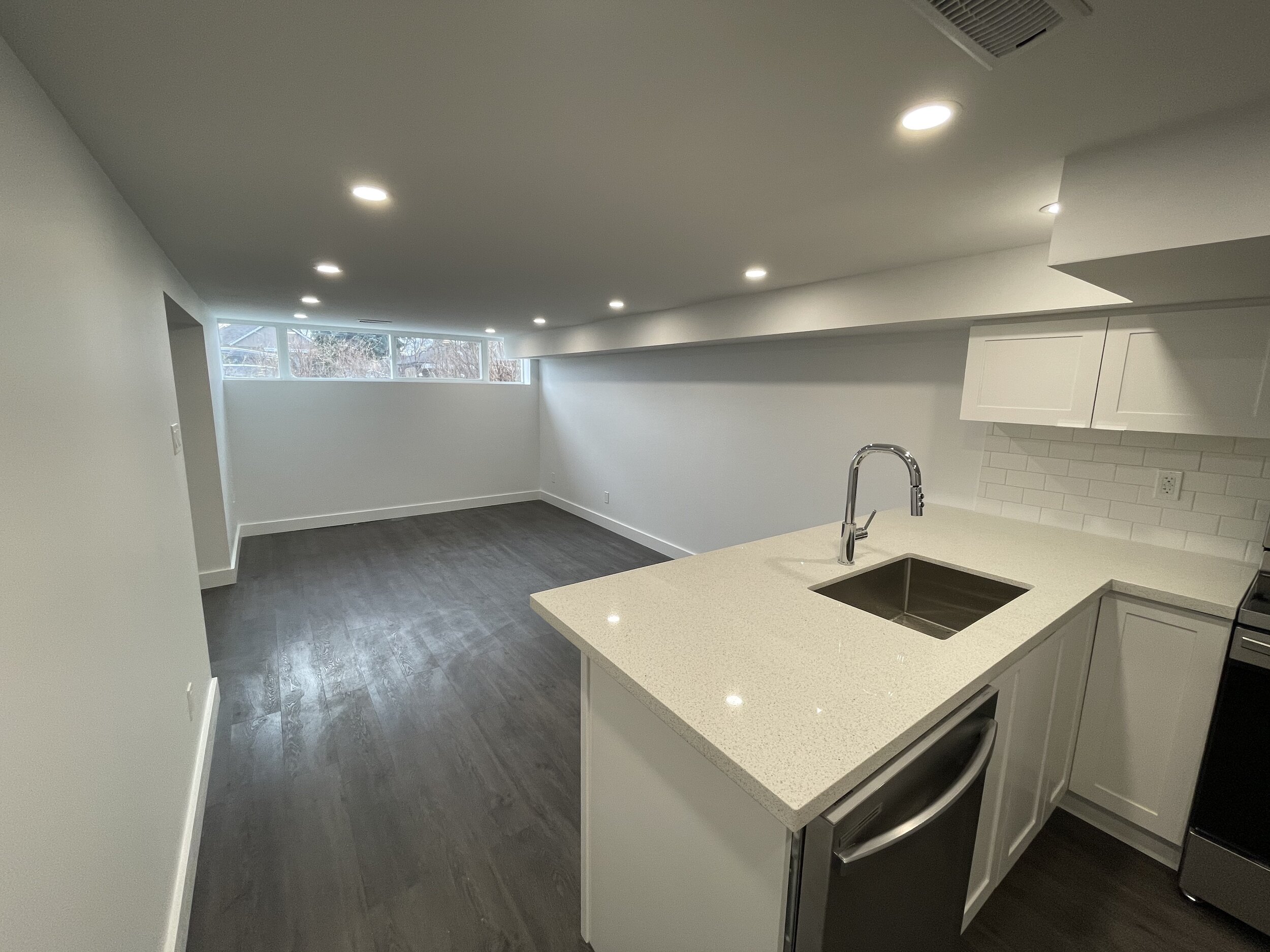As much as I’d love to tell you that Toronto is still the land of amazing opportunity, I would be lying if I did.
And this is coming from someone who is a true optimist and lifelong fan of the city! My head and my heart know the days of opportunistic buying real estate in Toronto are behind us. It happened in a flash, and just like that, it’s over.
It’s upsetting, and it’s best to know this up front so we can deal with it and move on, right?
We’ve heard the cries. Some of us have even made the cries (figuratively or physically) about just the ability to own any real estate - let alone 2nd, 3rd, 4th properties. All of it is true. It’s super difficult to buy real estate right now anywhere near Toronto. There, it’s been said. Now let’s move on and focus on things we CAN do to explode our wealth creation rather than sit and reminisce on the good old days.
There’s a golden rule of sorts when it comes to investing in real estate: Lead with cash flow. What that means is when considering owning an income property, at the very least we should be analyzing what incomes (rents) are and making sure that they more than cover the expenses (mortgage, taxes, maintenance - all of it). That way if the market ever shifted and prices depreciated, you’d still be in fine shape as the property owner to buy yourself time for the market to start appreciating again. If you were making money each and every month regardless of the market value at any given time, you’re winning.
When you own real estate, you get paid in 3 ways
Cash flow (which we just described). This is fully taxable in your income tax payable at end of year.
Principal pay down, or mortgage pay down. As you pay down your monthly payment, what you owe to your lender drops.
Appreciation. This is the whole buy-low-sell-high type of deal. When the asset goes up in value, you earn the appreciation. The best part of this is that it’s usually large and only HALF is taxable. So it’s a big number and is taxed much lighter. This last category is why people have been buying in Toronto, and how they’ve been rewarded handsomely.
Buying a place in Toronto today
Let’s assume one was looking at getting into the income property ownership today. In order to have positive cash flow, one would need to analyze properties for a)
what they cost to buy which would also help you determine your costs and expenses, and b) what you can expect for revenues, or rent. For each place you are interested in, you’d do this research and analyze the ratio between the purchase price and rents hoping to find a place that would provide a positive net cash flow.
I definitely would encourage you to go through this exercise. I’ll gladly send you a copy of the spreadsheet I use to quickly plug in these numbers to see what the cash flow numbers come back at. Trust me when I say: if we’re judging a real estate investment in Toronto against the cash flow goal, you’ll be thoroughly disappointed. The results are terrible when looked at through this lens. More like horrendous.
A couple of years ago, it was totally possible to find places that were winners. And then Covid happened. People started moving. They left the condos, they left the small apartments and the vacancies piled on. A nice little bonus (I’m being sarcastic) was the change of the AirBnb rules that prohibited much of these short-term rentals from being on the market. When they couldn’t list on AirBnb, they joined the supply of places available for rent. The market was absolutely flooded with empty apartments. Total chaos.
At the same time, sale prices (not rent prices) started picking up a whole whack of steam! Normally, rents go up when sale prices do. This time around, the opposite was happening! Cash flow wasn’t great before Covid. Rent prices plummeted because of all the empty apartments and sale prices spiked. Being an investor meant you had to accept a hefty loss each month in cash flow. You’d have to break the cardinal rule!
I tell ya, that didn’t stop a lot of investors from buying. Maybe they’re listening to Realtors recommending investment albeit with a brutal cash flow situation clearly looming. Not sure they cared? Not sure they fully understood? Either way, I think it’s gross. This is exactly what speculative investing means. It’s a strategy loaded with risk.
Revisiting rents now in mid-2022: prices did eventually bottom out and then started rising again. Doesn’t really matter, though. This late increase hasn’t made a dent towards what sale prices have done. All this to say: cash flow in and around Toronto is brutal. Consider yourself lucky if you’re out of pocket “only” $500/per month each and every month. Doesn’t sound like much of an investment to me.
Is Pre-Construction a viable option?
No. In a single word, no.
Before all the Realtors that are bullish on new construction and bullish on “the fundamentals of Toronto still being at play” attack me, I would like to say that I understand why Toronto is amazing. I understand that immigration is fully open in Canada and that historically half of all immigrants end up in the GTA. Yes, I know. I also know that we can’t keep using that same narrative forever. It’s because of these reasons that the GTA has seen the massive gains it has. We’re the highest-priced real estate in the country. We should be. Toronto is the cultural heart and financial hub of the country (with all due respect to our other great cities).
Those fundamentals contributed to great gains and appreciation. The demand for Toronto is large, no doubt. It can’t go on forever and at some point, the pricing lies beyond the fundamentals that would be needed to support it. Incomes play a role here, and incomes have not moved anywhere close to real estate pricing.
New condos certainly are sexy and tempting. “I only need to put down 5% today? Sign me up!” Realtors will send me all the marketing materials they want that show how undervalued this project is, or how much that project will turn around a formerly-despicable corner. It won’t matter to me. As I write this in April of 2022, ALL pre-construction is overpriced in comparison to what you can buy in the resale market. And ALL homes (condo and freehold) can only be bought at numbers that are devastating to a balance sheet. That’s it.
Yes, you’re not out of pocket each month - yet. You will be when it closes, and by a large number.
We’re seeing interest rate hikes almost weekly now, and it’s proving all of those marketing sheets worthless. Keep that in mind and work on your own projections, don’t rely on theirs.
Could a real estate partnership get me in the game?
People generally look to partnerships when they want to share the risk (and reward) of an investment. Lately, people that want to buy investment properties anywhere near Toronto have been partnering because they can’t afford the 20% down payment that would be needed for these high-priced assets. Partnering allows people to get a foot in, in exchange for giving up total control.
Partnerships are great. It’s like raising a child: it takes a village to be successful. With that said, I am a believer in partnerships. In this case - buying in/near Toronto - it doesn’t matter. You’re looking at the same spreadsheets with the same awful results. Partnerships don’t take away any of the stings.
If you’ve gotten to this part and you still disagree with my opinions, it’s all good! Just know that if you still want to buy an investment property in Toronto, you’re not buying the way the pros do. You’re not buying with cash flow in place. You’re
buying purely on speculation. And that’s fine! It’s not for everyone, though it could be fine for you. I do wish you luck and I’d love to be wrong. God speed, my friend.
If not here, then where? What does it look like?
My plan is to go back to basics, to implement a time-tested strategy. Slow and steady wins the race, right? I’m starting by looking at cash flows first in my next investments. Call me selfish, I don’t want to contribute any more than my initial down payment in any real estate investment. What that means in my world is that I may look away from real estate that may appreciate more or have more upside (what Toronto has been successful at), because that to me means relying on speculation and I don’t want to. Not today, and not in this environment.
I believe Toronto will return and at some point, it will make sense to be an investment buyer here again. Maybe resale prices fall? Maybe rents increase? Maybe both? I think it would be foolish to wait for that to happen and miss out on our most precious asset: time. I’ll be back, Toronto. I just need to leave for a while until you make more sense as an investment.
ANYWHERE IN ONTARIO?
I won’t be spending much time looking at anything in Ontario that was occupied prior to 2019. It may seem random, it’s not and here’s why: In 2017, then-Premier Kathleen Wynne expanded the scope of rent control (limits on rent increases imposed by landlords) to all rentals in Ontario. Prior to that, the majority of rentals weren’t subject to rent control. Rent control = mandated limits made by government policy on allowable rent increases. In Ontario last year, that limit was 1.2%. If, for example, property taxes increased by a good chunk, or if the owner’s mortgage rate increased, or insurance costs soar, the property owner may want to match that expense with an increase in rent. Makes business sense.
Alternatively, if market rents increased a landlord may want to participate in that wave and change the rent to match the market, rather than continue to charge legacy rents. It’s an investment, and it was a right the landlord had if they wanted to maximize their returns.
Prior to 2019, if a landlord needed (or wanted) to increase rent they charged to their tenant they could. It was as simple as issuing notice to the tenant. If the tenant didn’t agree to the increase, they would have to move out. Increasing rent essentially created a lawful justification for a landlord to evict a tenant. The problem is many unethical landlords abused this right. It was a loophole that could be used. Wynne’s decision to introduce rent control across the board sought to remove that right for landlords. There are many, many parts of the Landlord and Tenant Board (LTB) in Ontario that solely favour tenants and provide tenant rights.
This was one for the landlords, and it has since been taken away.
This entire decision by Wynne’s cabinet was enacted to make housing more affordable. The unintended consequences of that decision ironically include more expensive rents and hyper-scrutiny (and discrimination) by landlords during tenant application/selection - for fear of partnering with a bad tenant. However, this is a discussion for another day.
When a landlord in Ontario discovers they have the wrong tenant living in their property, it is extremely difficult and expensive to remove that tenant. Effectively, introducing rent control in Ontario removed the landlord’s ability to remove their tenant from their property using the rent increase provision, should all other options fail. It was quick and clear.
A dishonest tenant could squat in a home (not paying rent) for a long, long time in Ontario and they are protected from eviction by the LTB. As the property owner of this home, if you decided you wanted to renovate and perhaps sell it because of want or need, you can’t. It’s not as simple as that. If you lost your job and need to sell your house and move into your rental, the tenant can dispute your intentions to the LTB and they won’t have to go anywhere. Many landlords have been financially devastated from being in this exact position. A dishonest and irresponsible tenant can tie up all of this in the LTB and live for a long time on your dime. They can stop paying and you wouldn’t be able to do much about it for a long time. In Ontario, essentially the rights to the home are shared between the owner and the tenant.
After Kathleen Wynne, Doug Ford came in as Premier and a year later partially removed rent control. Units first occupied after November 15, 2018, were no longer under rent control regulations. If the unit/home existed before that date, it will forever be subject to rent control in Ontario. Ones originally occupied (by anyone, not just the current tenant) are not.
For these reasons, the prudent investor wouldn’t buy anything that existed in Ontario before 2019, at least not at market value. The risk of partnering with the wrong tenant is too great. One would need a very compelling reason to accept all of the risks that comes with it. These reasons do exist, sure, just in very specific cases.
To sum this up: when I’m working with clients or analyzing an investment decision for myself, I am not interested in buying a property in Ontario that was lived in prior to 2019.
Is Canada the
right place?
I want to stay in Canada. Call me a homer. I feel better and safer keeping my money here. Between access, control and taxes, I am comfortable keeping my stuff local that way. Don’t get me wrong, I’d love an AirBnb in Costa Rica that makes $10,000/week! I just don’t know the laws, the liquidity, the people... I’ll stick with Canada, thank you.
My eyes are looking towards provinces not called Ontario that carry less risk for the landlord. There are some great options when I scan the country. I’ve identified places where there are:
Lower costs to entry
Better rent-to-purchase price ratios
Depressed market over the last 5-10 years, finally seeing signs of gains
The economy is moving away from being singularly focused
Net migration is positive
In comparison to larger markets such as Toronto, Montreal, and Vancouver - there are more affordable places for tenants. New immigration targets are lofty in Canada, I believe 2nd tier cities in Canada will see much of that benefit.
Staying closer to home
I’m still a believer in new-ish places in Ontario! Yes, still. Just need to protect yourself from exposure. I have been looking at a couple of municipalities for much of the same reasons I discuss above in other provinces.
One of the markets I’m most excited about has experienced very little growth over the last 10 years. Jobs were lost, residents moved out. And that’s changing. The city I’m most keen on took the time to get better, including announcing some massive growth plans. It is liveable and affordable and is a stone’s throw from true amenities. Condos and towns will be hitting the market soon (and they’ll be built after November 15, 2018). If you want something more local, this could be it for you.
NOTE: I’m going to be buying something(s) soon. I’m happy to share specific locations I’m most interested in with you on a call, I just don’t want to share all of my thoughts on a public platform. That may increase demand and pricing and I don’t want that until after I’ve bought :)
Any other suggestions?
I think a lot of you/us don’t pull the trigger on buying real estate as an investment because we’re confused. A confused mind doesn’t act. We spend so long trying to figure out why we shouldn’t do it, then we forget all the reasons why we should.
Next thing you know, the opportunity is missed. I see it so often, it’s super frustrating.
Just be honest with yourself. If you’re not up for ownership, take it as a sign. You know yourself best. If you’re going to get anxiety when a tenant calls or be nervous about the mortgage payment (despite all the reasons to suggest you’ll be fine), maybe ownership isn’t for you and that’s okay.
One thing I’ve been doing a bit more of is getting involved as a partner for others buying real estate. Basically, I provide some money in exchange for more money in return.
By going this route, it has the benefit of still being tied to real estate investing, and gives much more assurances on rates of return (hello, cash flow!) with amazing results. It just limits your risk or your exposure. Which is both good and bad. How? I’m glad you asked...
Good: there are no tenants to manage or roof leaks. You’re not the point contact, so you’re free to be you. Other than moving money through your bank, there’s not much else you need to do to be involved. This strategy is easy. Pure and simple.
Bad: you’re not the owner, so if and when real estate appreciates, you don’t get to benefit. You know those 3 ways you earn money discussed above? You’re only getting the one way in this method - straight cash flow.
Earlier I mention how cash flow earned is fully taxable. When you own real estate, it is. This applies when you lend money in this space as well, mostly. Sometimes the project you invest or lend on allows you to do so through your RRSP or TFSA. When that happens, that’s pretty special. If you lend $50,000 through your TFSA, and you make $5,000 in a year, it’s all tax-free. That’s like earning $10,000 more in your job! Not too shabby.
I’ve been working on building my network with people that I can lend/participate with as a straight-up investor. I’ve had money cycled in and out - it works. No 2 deals are exactly the same. Some have paid me:
7% interest along with ownership in the end result,
2%bonus when money is lent and then an on going 10% annual return
within TFSA, or
14% straight annual payment with my name tied to mortgage for collateral
There are tons of scenarios and tons of valid reasons why people need your investment dollars. If you’re into something like this, reach out to me and I can start making some introductions. None of this is risk-free, sure. You have to take chances and make a change if you want change.
Conclusion
I am always going to be a student of my craft. I made a decision long ago to use money to make money. I tell my kids all the time that there are 2 ways we all make money: 1) we give up our time and work for it (this is a job), or 2) we use our money to work for it. The first way needs us to be present. The second does not and is scalable.
When I look at my real estate market in Toronto right now, I don’t see a lot of great options for earning the way that I’ve earned on my investments in the past. And I can’t settle for that. Not for me, and not for those close to me.
I’m still the right person to help you build your wealth and to get you in shape for an early retirement! The solution just looks a bit different. I’m not going to stop, nor should you. You ready to do something/do some more? Let’s get to work. Email me.
Love you all!




